Gelding vs Stallion
Feb 18, 2024 | Super Equestrian
.jpg)
Assume you and your friend intend to ride together. But neither of you has a horse. But riding horses is a lifelong dream for both of you. So you chose to purchase new male horses. When you hear the terms "gelding" and "stallion" in the market, you may become puzzled.
Then you may consider having a stallion, a muscular, majestic beast full of high energy in your stall. But your friend wants less dramatic stablemate, a gelding which is a calmer variation of the horse world. You are not the only one, it's an age-old question in equine world: gelding vs stallion.
Confusion may ensue, but you have an answer here. It is better to dig deep before purchasing a horse if you have no prior knowledge. This article will clarify what these terms stand for and how geldings and stallions differ from one another.
What Makes Stallions Unique?
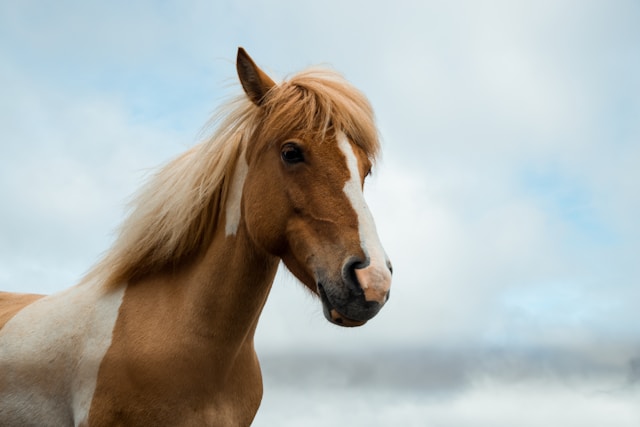
Stallions are quite popular among horses. They have certain characteristics that make these majestic kinds unique. Let's zoom in on what makes these stallions tick:
A. What's a Stallion?
So, stallions are uncastrated dude horses that hit the four-year mark. Castration is when you snip off a male animal's family jewels, but stallions keep theirs intact, making them "uncut" or whole horses. Now, these guys come with a bit of an attitude – they're naturally bossy and kind of aggressive, and they've got this strong urge to get their breeding game on.
B. How They Look
Usually, Stallions are big in overall size. You can easily mesmerised by their powerful look. Their body structure includes:
- Bolder musculature: Stallions have more testosterone in their bodies. That's why they develop strong physical structures including prominent shoulders and visible muscles in thighs and rump. It will be difficult for any person to manage stallions for their huge physical strength.
- Thicker neck: Stallions have thicker necks than mares or geldings. This feature also showcases their masculinity. It provides support during a fight or mounting mares.
- Prominent crest: Stallions have a strong ligament called the ‘crest’ running along the top of the neck. Crests are made of connective tissues and fat, mostly they indicate a horse’s hormonal status. Crests support stallion’s neck muscles during powerful movement and also attract mares for breeding.
C. Their Behavior
As stallions have intact testicles, their behaviors highly depend on hormones. You can notice they are mostly aggressive. Their hormonal drive can make them prone to aggression. They are extremely protective of their mares, so they become territorial and dominant to maintain order in the herd. They have strong breeding instincts. So they show vocalizing and displaying. They can fight with other stallions by kicking, and rearing.
Because of these behaviors, stallions need proper training and care. You can only handle them by grooming them and building good communication.
D. Stallions in Breeding
Stallions have intact reproductive organs. They also have breeding instincts. They can fight with other stallion horses to protect their mare. This is how they take part in breeding programs with mares.
As stallions can take part actively with mares and sire offspring, they can pass their genes in the reproduction process. Most horse owners choose stallions to breed their mares for stallions ability to breed. Therefore, stallions can preserve their bloodline.
E. Handling Challenges
There is a certain risk involved in handling stallions. No matter how much care and training you provide them, stallions can show unpredictable behavior which may put you in a challenging position.
- Stallions are dominating by nature, so they can hurt other male horses in the barn at any hormonal moment.
- Inexperienced riders can not handle the temperament of stallion horses. So they need to be trained with professional trainers for the safety concerns.
- They can show behavioral problems like biting, kicking, and lunging which can be difficult for you to calm them. You can try to make them calm and happy by giving their favorite treat.
Geldings The Gentle Companions
Geldings are more like mares, they are calming and peaceful by nature. Let's take a closer look at them:
A. Understanding Geldings
Geldings are castrated male horse. There is no fixed age limit for their castration. But most horse owners perform castrations or remove their reproductive organs when they are one or two years old which means before they reach sexual maturity.
B. Changes After Castration
When a horse is castrated, a bunch of things start shifting. such as-
- Less muscular: Geldings are male horses, but after castration, they almost look like mares.
- Thinner neck: Geldings do not have hormone-producing organs, so their physical development is as not prominent as a stallion. They have flatter crests, therefore their necks appear thin and smooth.
- Calmer demeanor: Geldings are not hormone-driven, so they remain calm most of the time. They are social and very friendly towards the other mares in the herd.
C. Behavior Traits
Horses after castration become more gentle. After castration, their behavior becomes soft. If you call a stallion a firecracker, geldings can be compared to teddy bears!
- As they don't produce testosterone, no unnecessary kicking or rearing. They are more docile as they are less interested in fighting with others.
- Because of a lack of hormones and mating urges, they are less distracted. That makes them easier to handle.
- They are good at following commands and more receptive during training sessions.
- Geldings are physically smaller than stallions, therefore it is rewarded with the name “gentle giants”.
D. Versatility of Geldings
Geldings are free of distraction from mating behavior. Therefore, they are more focused on training. For this, they are suitable for versatile riding activities because of their calm demeanor. From dressage to trail riding, eventing to show jumping, geldings can pull them off perfectly. Some horse owners use geldings for driving purposes as they are focused and work for a long time.
For their calm nature, geldings are great roommates for other horses. They get along with other horses in the herd very easily and all of them can stay in comfort as there are no temperament issues arise.
Geldings are suitable for doing many multipurpose equine activities. As geldings are calmer and friendly, they can be chosen to assist in therapy.
E. Debunking Myths
There are some myths spread about gelding’s intelligence, capabilities, and more. Let's unravel the truth behind them:
- A common myth is geldings are lazy and lack spirit. But this is far behind the truth! They are highly energetic and please everyone. They get the chance to be with Olympians, Show horses, and be on the trail as partners. It's possible for their calm temperament and strong interest in work
- Another common myth is geldings are not as intelligent as stallions. However, the truth is they can complete any complex task as a stallion or mare can do. Because of having a calm mind, geldings perform any task with more attention and show intelligence in various ways.
Choosing Your Horse : Gelding vs Stallion
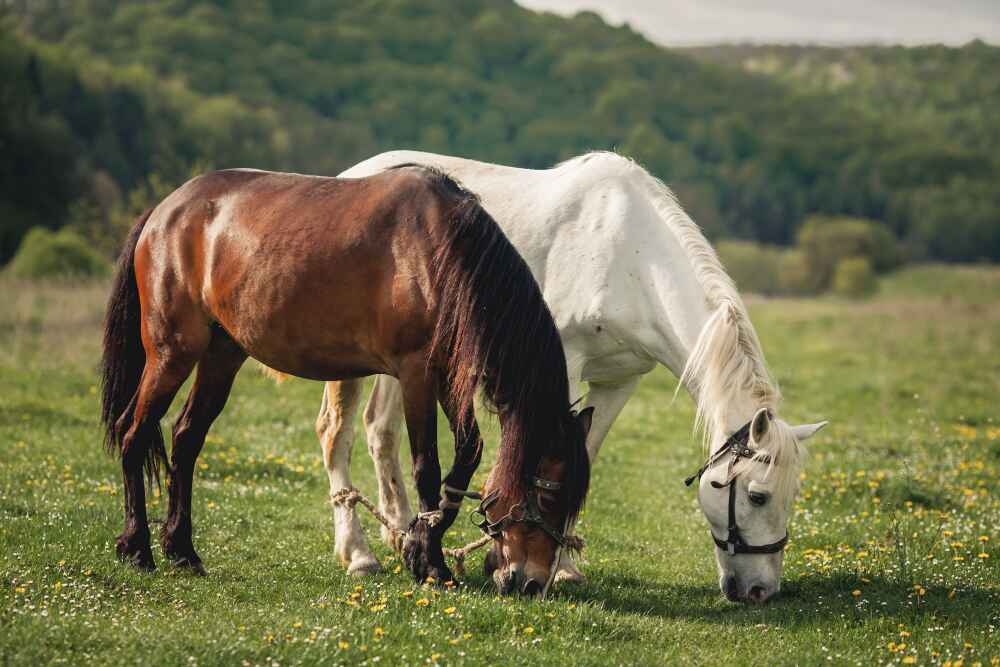
By that time you have known quite a lot about stallion and geldings. Now the time has come to find your right pick. There are some important factors you must keep in mind while choosing:
A. Finding Your Match
Different person has different purposes for choosing a horse. You have to understand what is your priority and riding discipline before you make your final decision. You need to consider if you can manage a highly energetic stallion on your own or if you want a calm riding equine partner that can be used for various work purposes
B. Factors to Consider
There are some factors you must consider before you choose between geldings and stallions.
- Geldings are easier to manage, but stallions are not. They are highly energetic.
- Another fact is if you are a beginner rider stallion are not a perfect choice for you. Geldings are many beginner riders' first choice.
- Another thing you may consider, geldings are more obedient to their handlers than stallions.
C. Matching Personalities
Every horse has an individual personality. Some are fearful, some are challenging, and some are calm by nature. A horse’s personality affects the way we treat, train, and care for them. Thus, you need to choose your horse knowing their nature.
D. Catering to Different Riders
There are so many different riders, each with their own set of riding preferences. Some riders prefer to ride with horses who are lively and aggressive. Stallions are appropriate for them if the rider is confident enough to control them.
However, most riders want a calmer partner who will respond to the rider's instructions and act accordingly. For them, gelding is the better option.
Wrapping Up
Geldings and Stallions are both very different in nature and behavior. Stallions are highly energetic, have hormonal tantrums, and can breed. Geldings are more windless with no hormonal temperament, perfect for riding and working discipline.
This article covers overall details about stallions and geldings. With our guidance, you can choose according to your needs and preferences without any hesitation. You must share your experience with us in the comment section. And, share this article with anyone confused about geldings and stallions
Recent Blogs
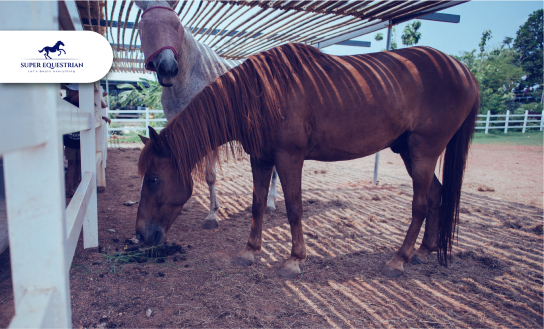
Common Equine Diseases and How ...
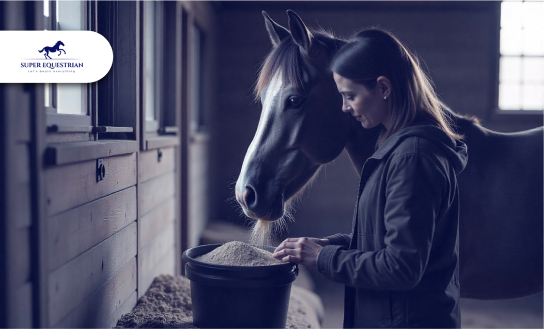
Equine Health Supplements: What Every ...
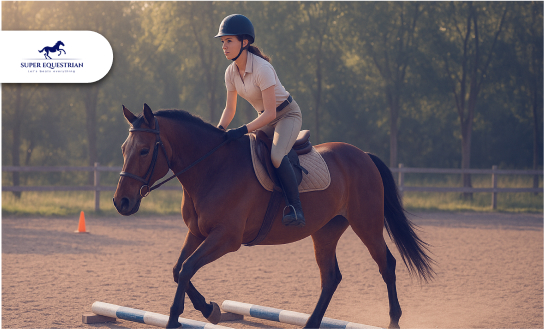
Jumping Basics: How to Prepare ...
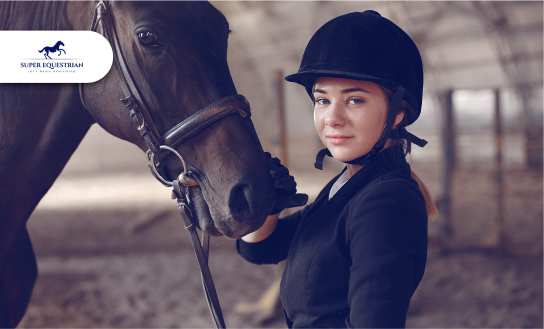
Essential Horse Riding Gear for ...
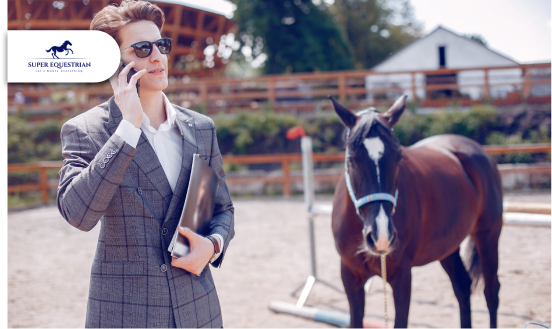
How to Balance Work, Life, ...

How to Balance Work, Life, ...
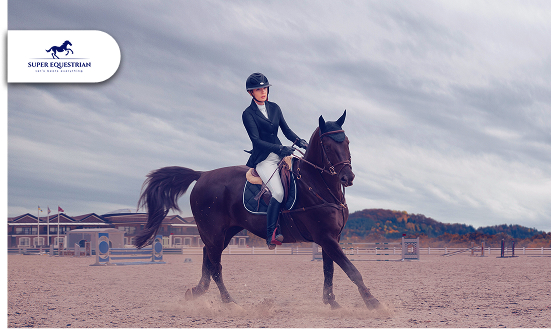
Top 5 Exercises to Improve ...
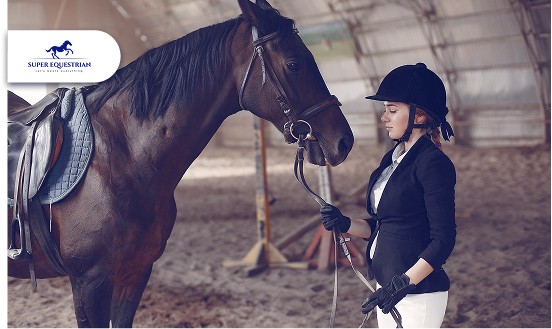
How to Build Confidence as ...
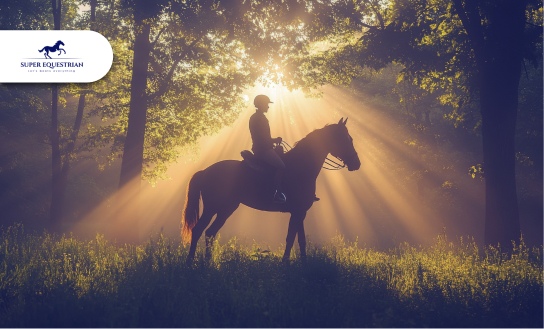
Spotlight on Equestrian Legends: Riders ...
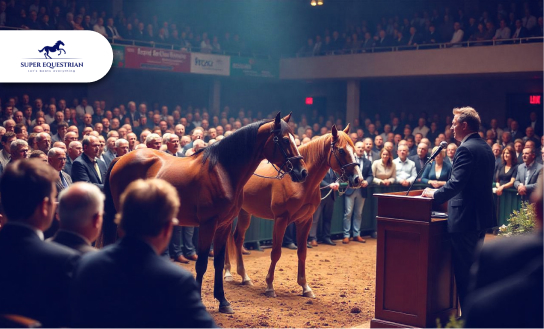
Horse Auctions and Sales...

Top Horse Friendly Travel Destinations ...

How to Build Stronger Bonds ...

Upcoming Horse Shows and Competitions ...

MIPS Equestrian Helmet The Future ...
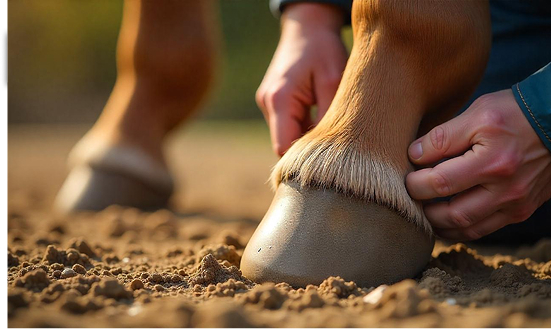
How to Recognize and Treat ...
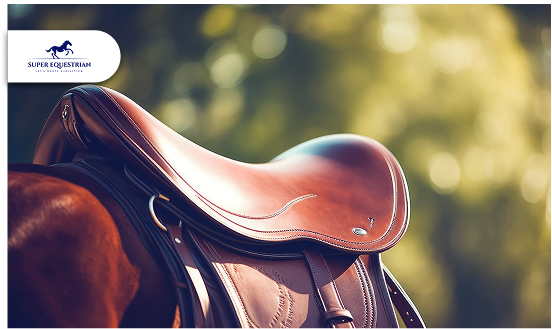
How to Choose the Perfect ...
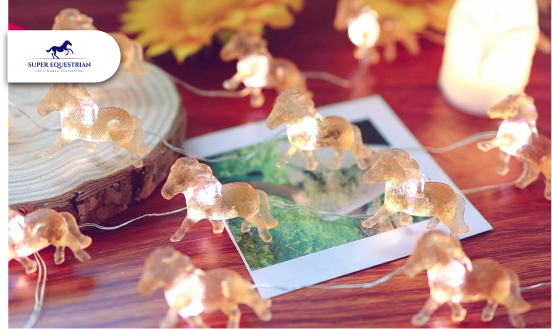
Horse-Themed Gifts Unique Ideas ...
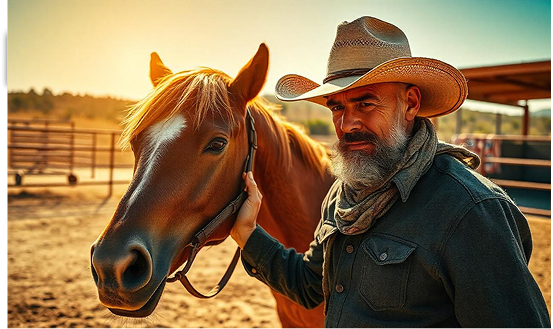
Horse Training Techniques: Creating A ...
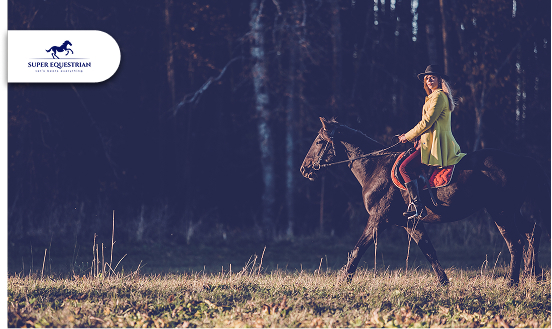
Horseback Riding Lessons – Everything You ...
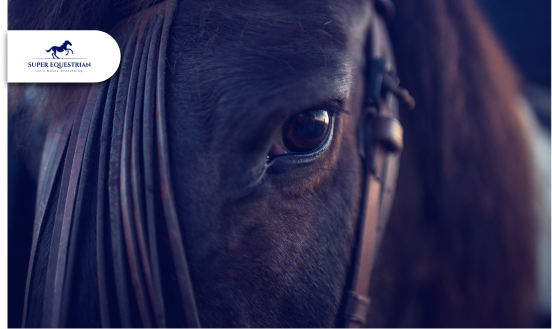
Horse Photography Tips: Learn the ...
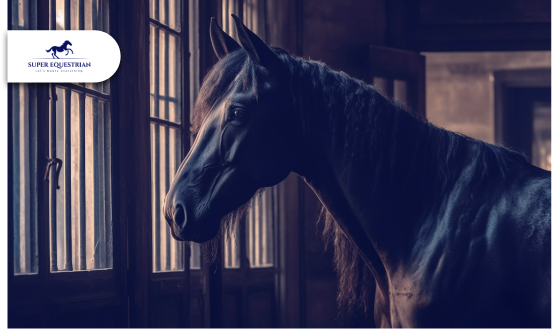
Horse Stable Management: The Quiet ...
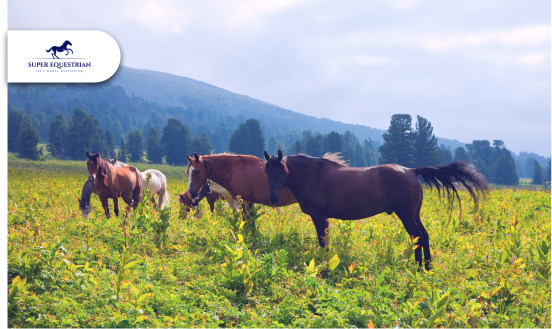
Horse Rescue Organizations: A Profound ...
Horse Racing Events A Look ...
Best Horse Manure Fork Six ...
What Are The Rarest Horses ...
What Does It Mean When ...
Horse Insurance Providers This Is ...

Horse Behaviour and Psychology: Learn ...

How Much Does a Horse ...
.jpg)
Best Monoflap Saddles For Your ...
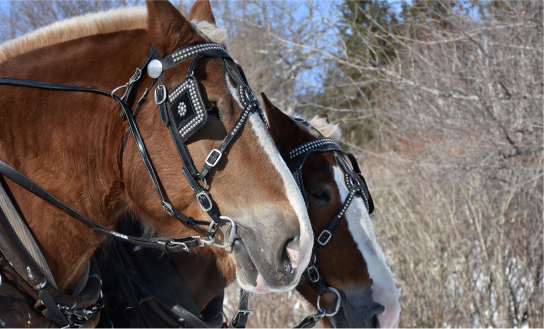
Best Hackamore For Barrel Racing...
.jpg)
Best Barrel Racing Reins Top ...
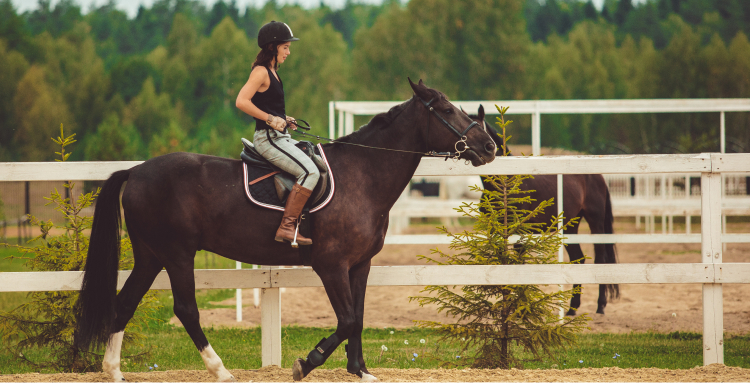
Horse Anatomy And Physiology: Facts ...
.jpg)
Best Stirrups For Ankle Pain - ...
.jpg)
Horse Care Tips and Tricks: ...
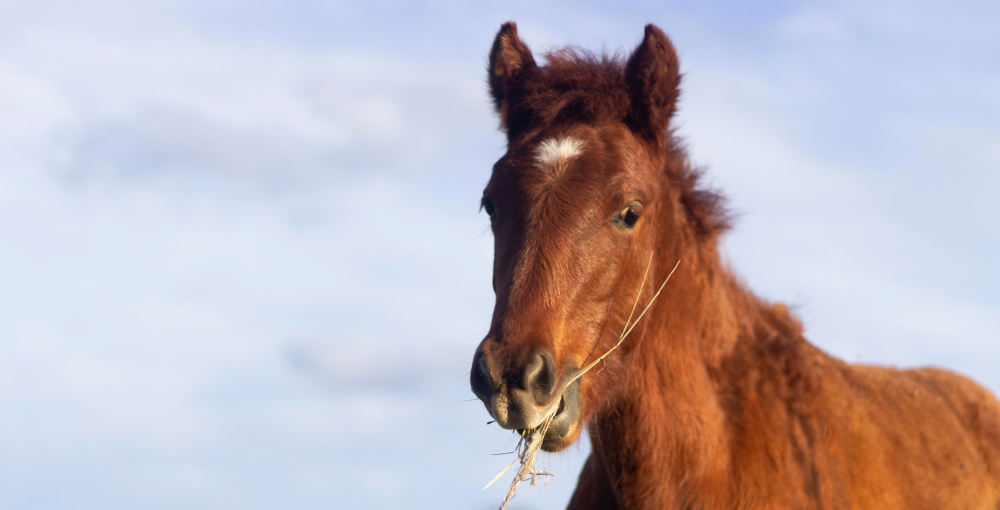
What Do Wild Horses Eat- ...
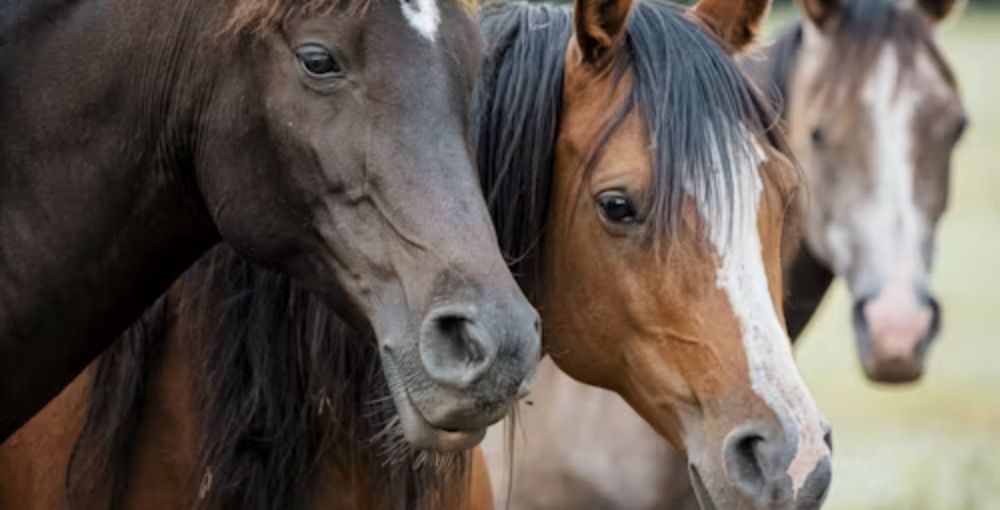
Horse Breeds and Characteristics: How ...
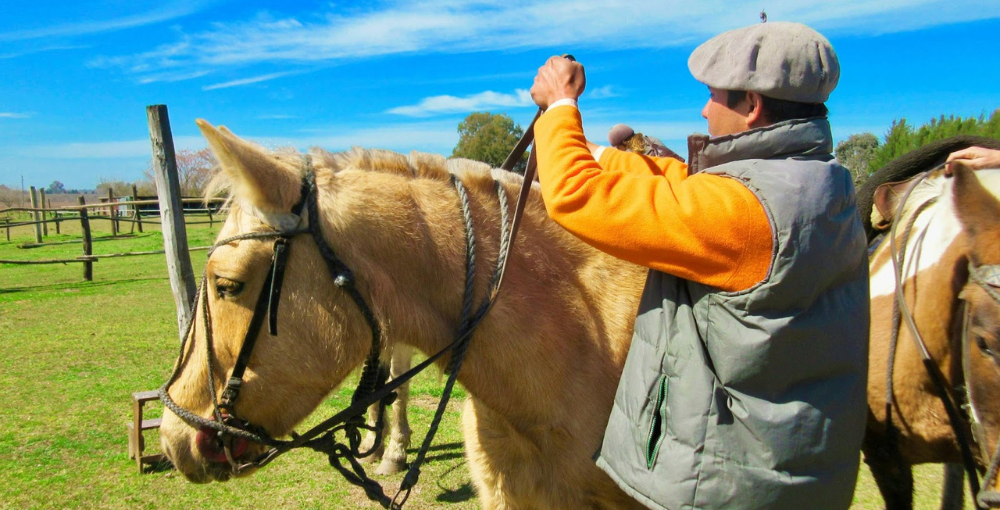
Best Barrel Racing Reins - Top ...

Horse Breeds and Characteristics: How ...
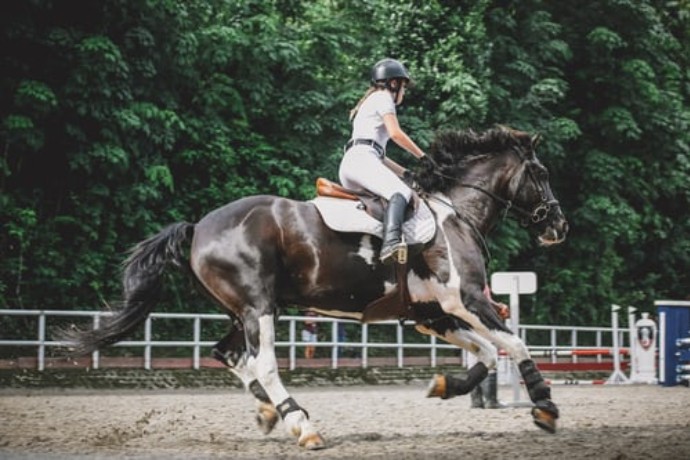
Best Breeches For Curvy Riders...
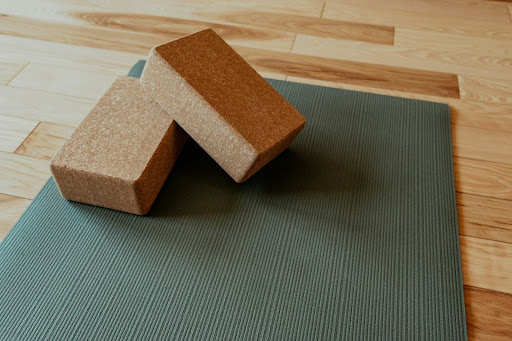
Best Stall Mats For Horses - ...

Best Horse Brushes ( A Thread ...

Best Saddle Rack ( Keep Your ...

Best Bit For Training a ...
.jpg)
10 Morgan Horse Show Held ...
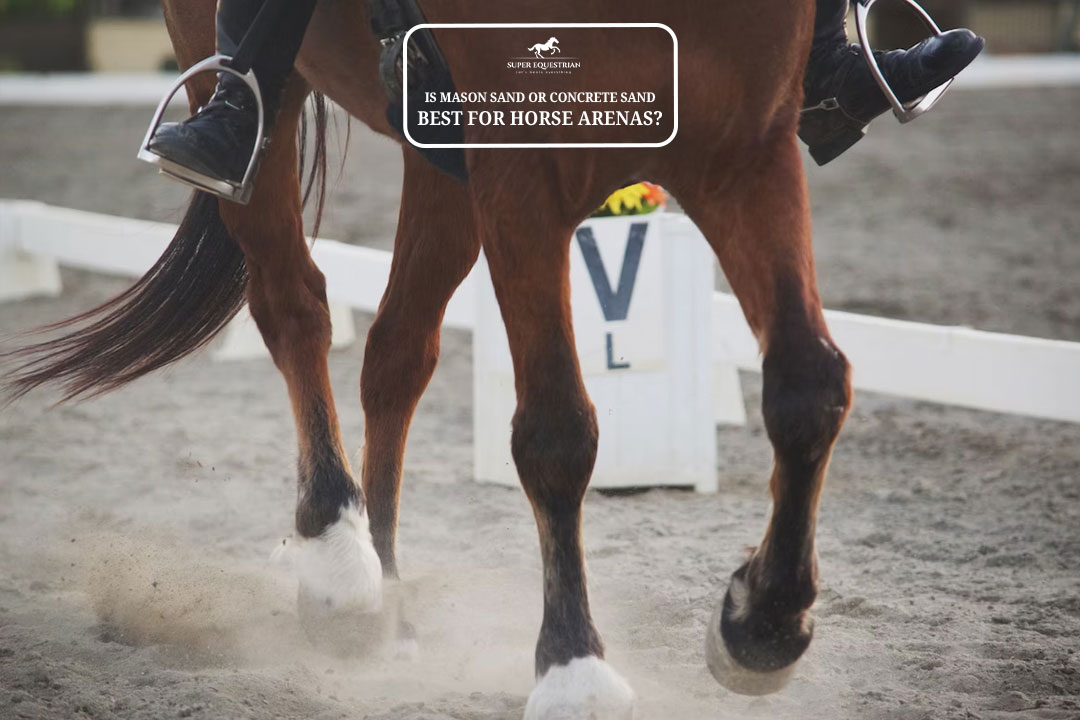
Is Mason Sand Or Concrete ...
.jpg)
Best Girth For Your Horse ...
.jpg)
Ranch Cutter vs Cowhorse Saddle? ...
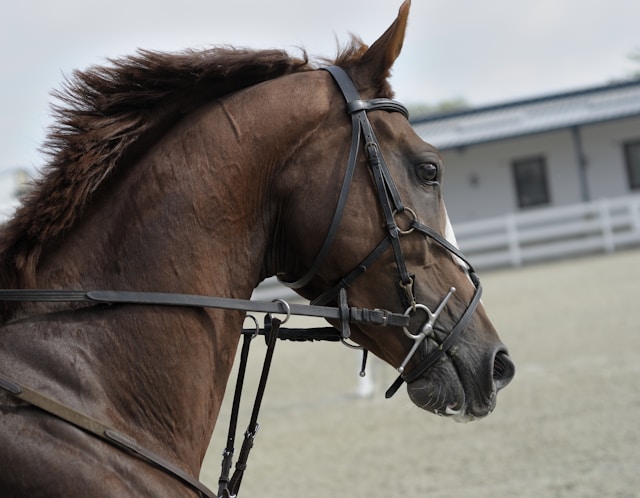
Types of Horse Bit and ...
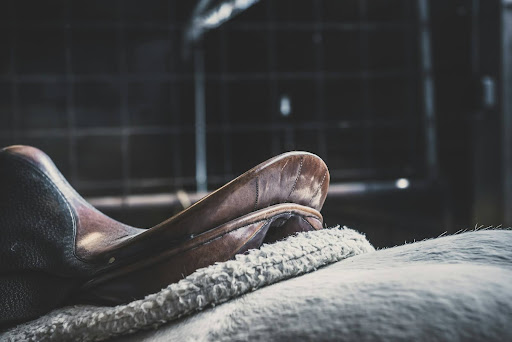
Is Hilason a Good Saddle ...
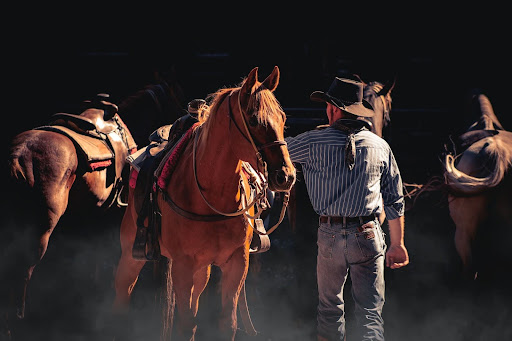
How to choose a bit ...
.jpg)
Best Salt Blocks For Horses...
.jpg)
Types of Horse Brushes (Equine ...
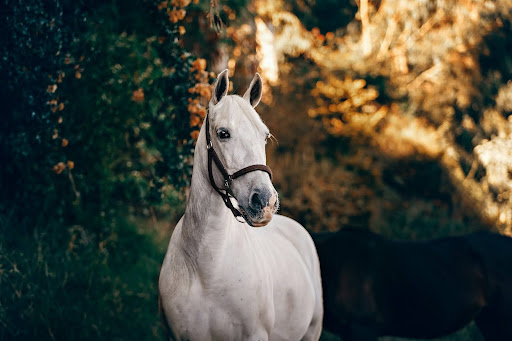
How To Get a Horse ...
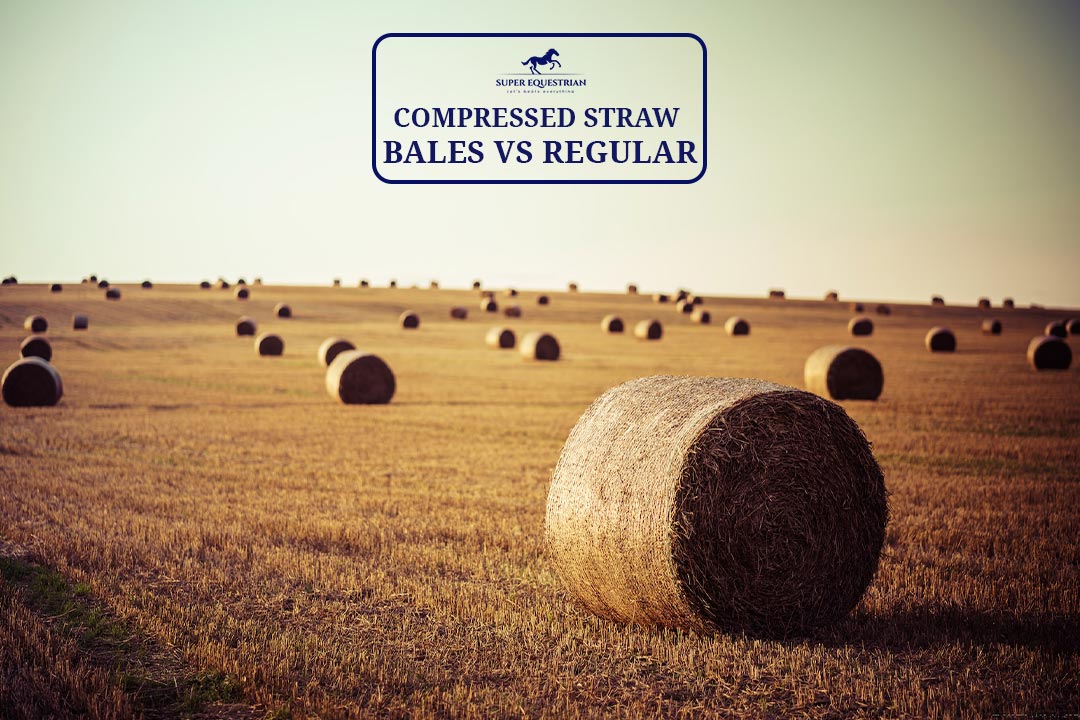
Compressed Straw Bales Vs Regular? ...
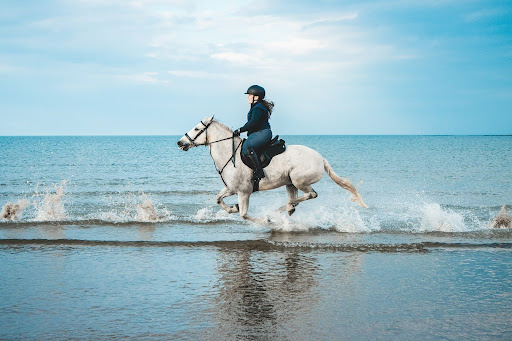
Horse Riding Lessons For Intermediate ...
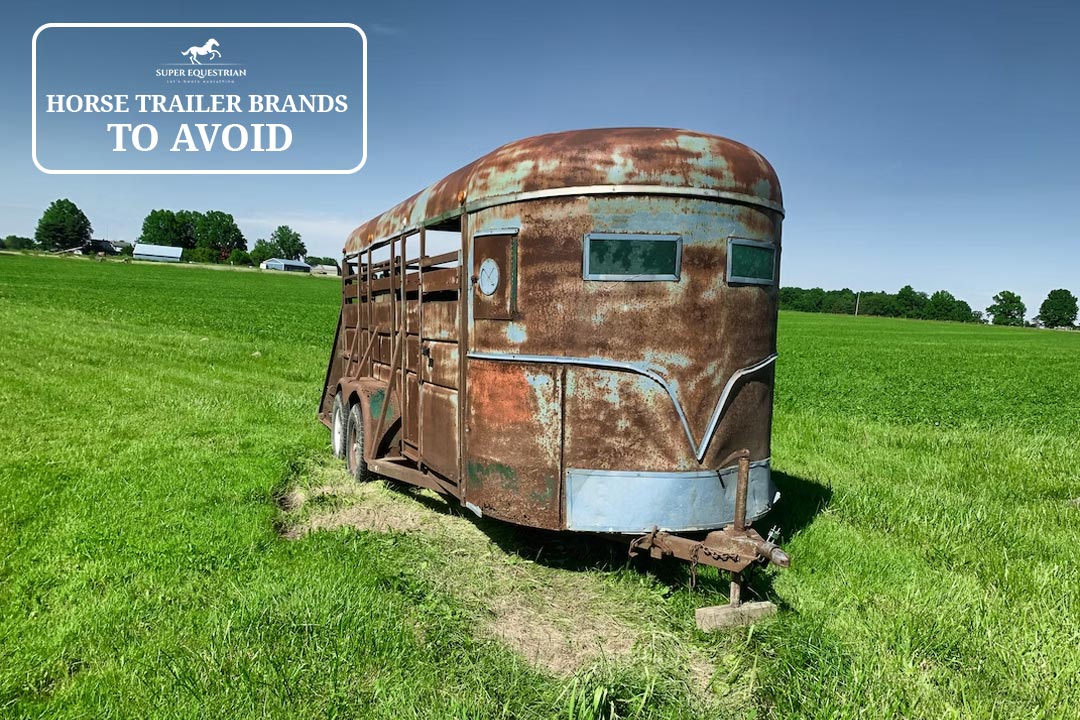
Horse Trailer Brands To Avoid...

Strawberry Roan vs Red Roan? ...
.jpg)
Gelding vs Stallion...
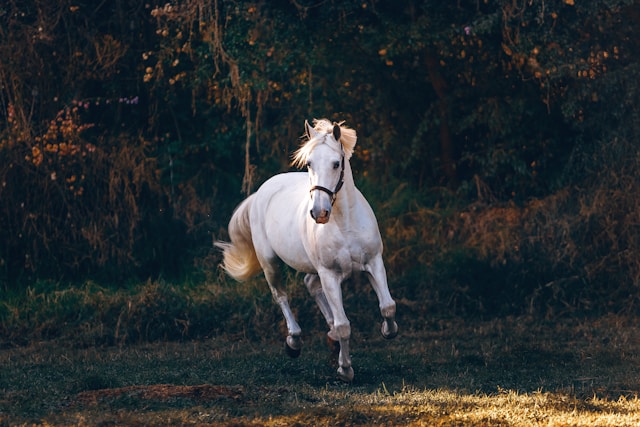
Why Does a Horse Whinny? ...
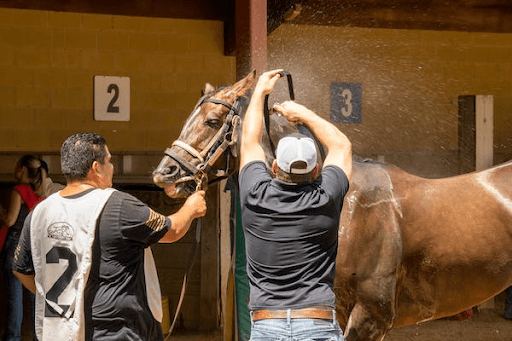
How to Clean a Rusty ...
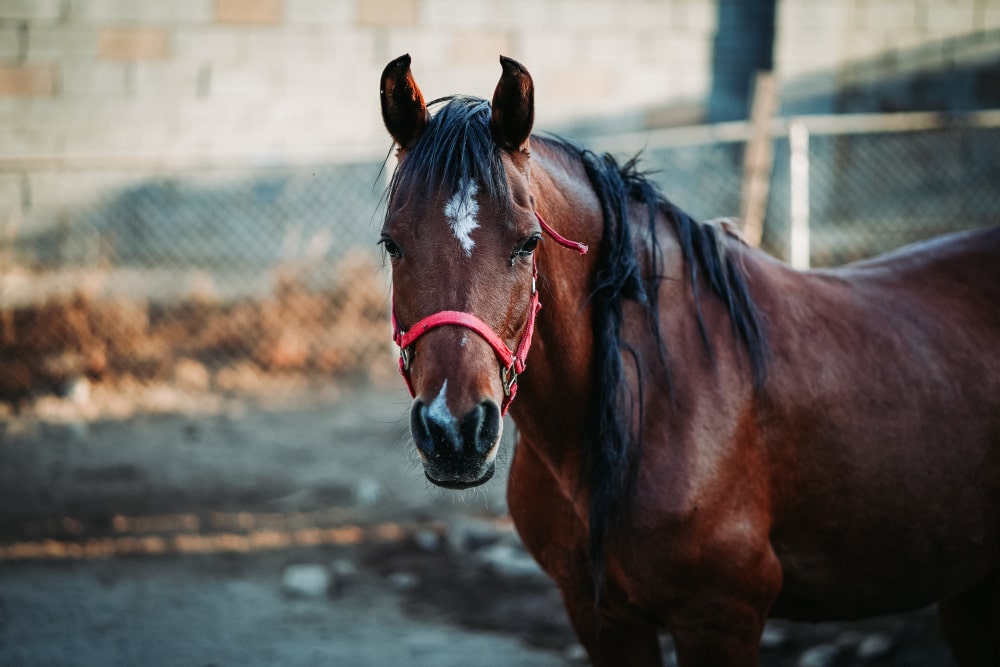
Why Do Horses Foam at ...
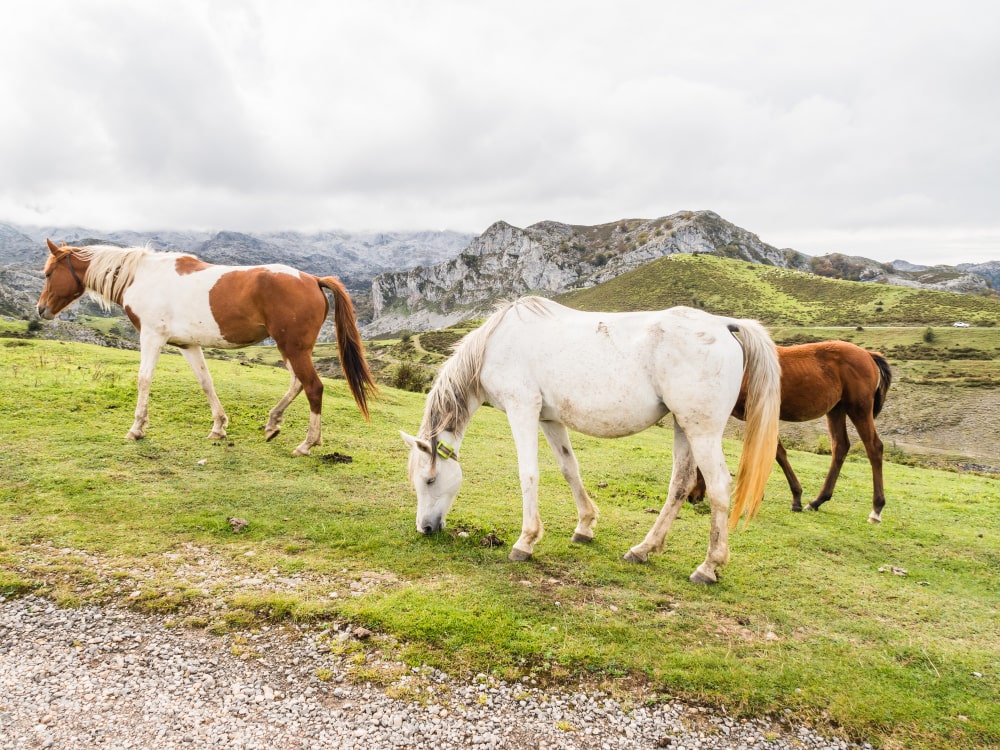
Why Do Horses Bob Their ...

Nutrition Unveiled: Triple Crown Senior ...
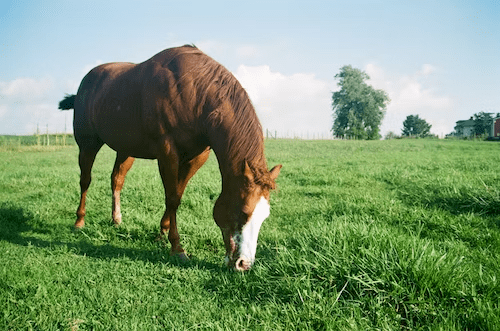
Pasture Pro Vs. Grazon: Horse-...
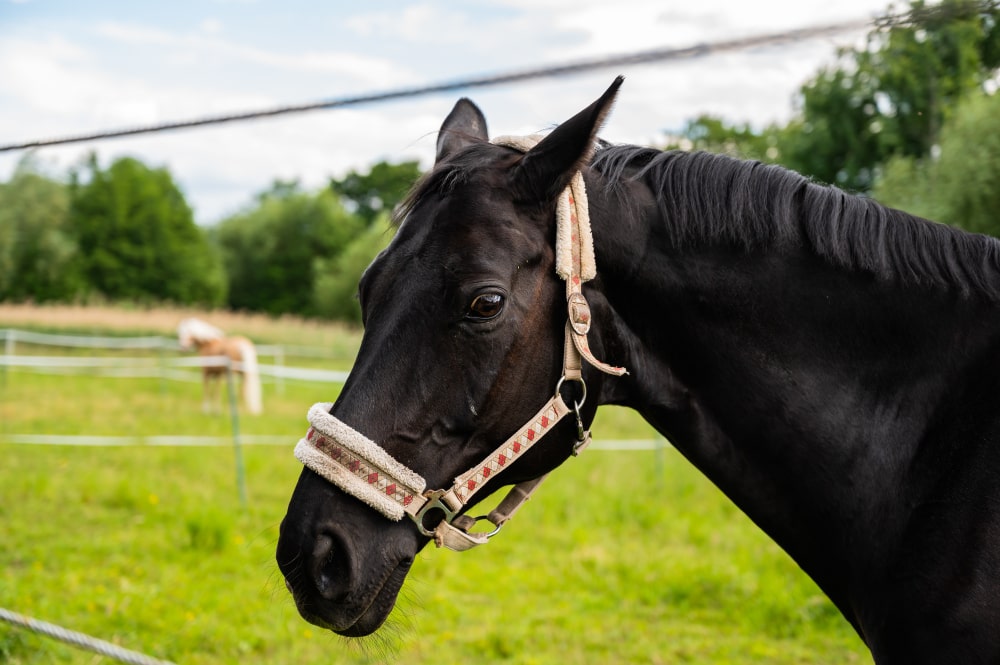
Dutch Gag Vs. Pelham: Bits ...
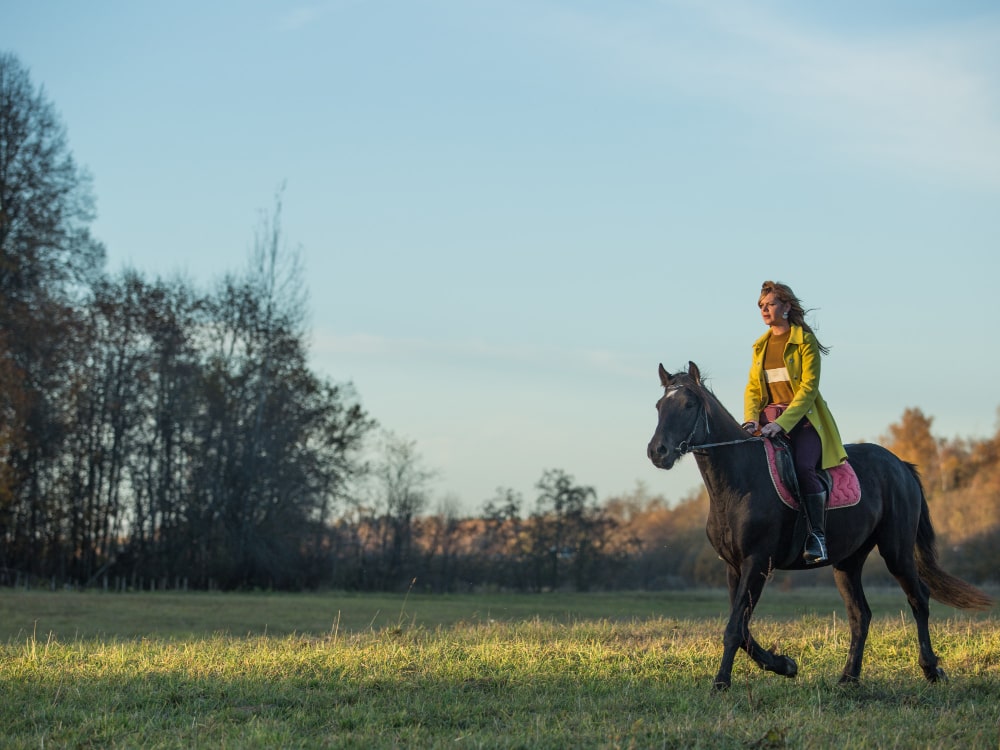
Walking Horse vs Racking Horse: ...
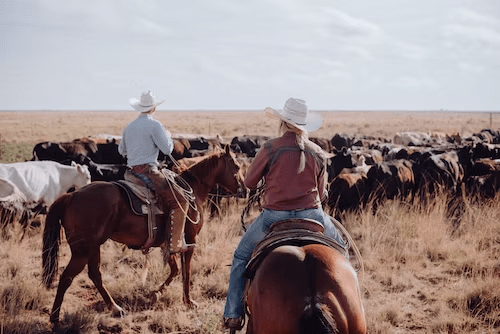
Wade vs Association Saddle: Your ...
.jpg)
Step Up vs Ramp Horse ...

Bosal vs Hackamore: A Head-...
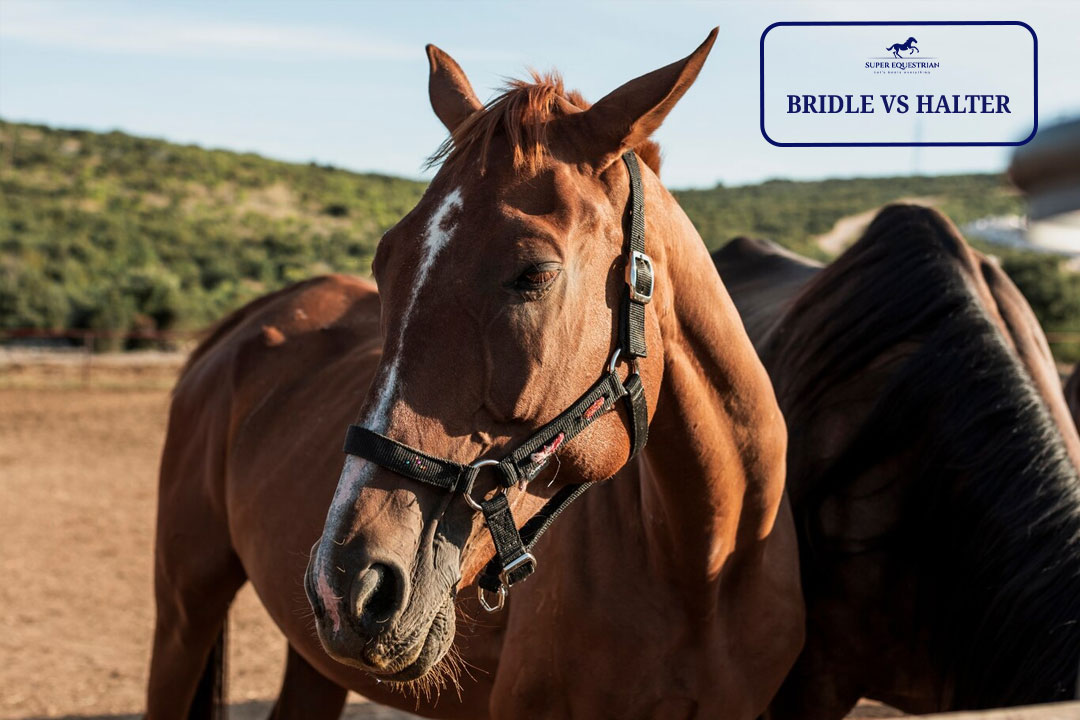
Bridle Vs Halter: Which One ...

Paddock Boots Vs Riding Boots: ...

Shadow Horse Trailer Problems: Causes, ...
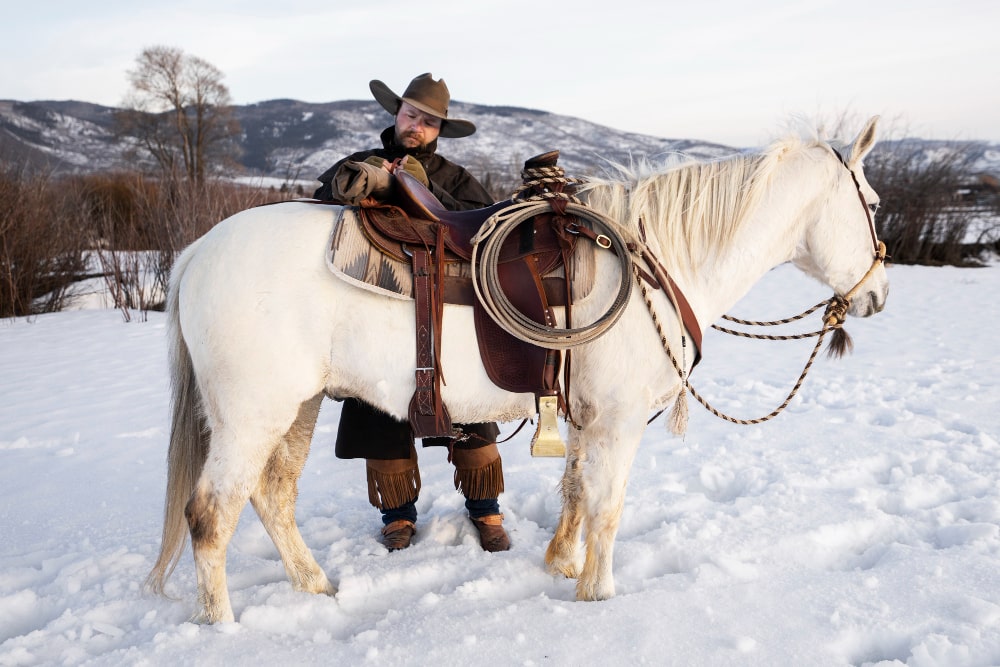
Are Billy Cook Saddles Good - ...

Let's Start at the ...
Benefits of Beet Pulp for ...
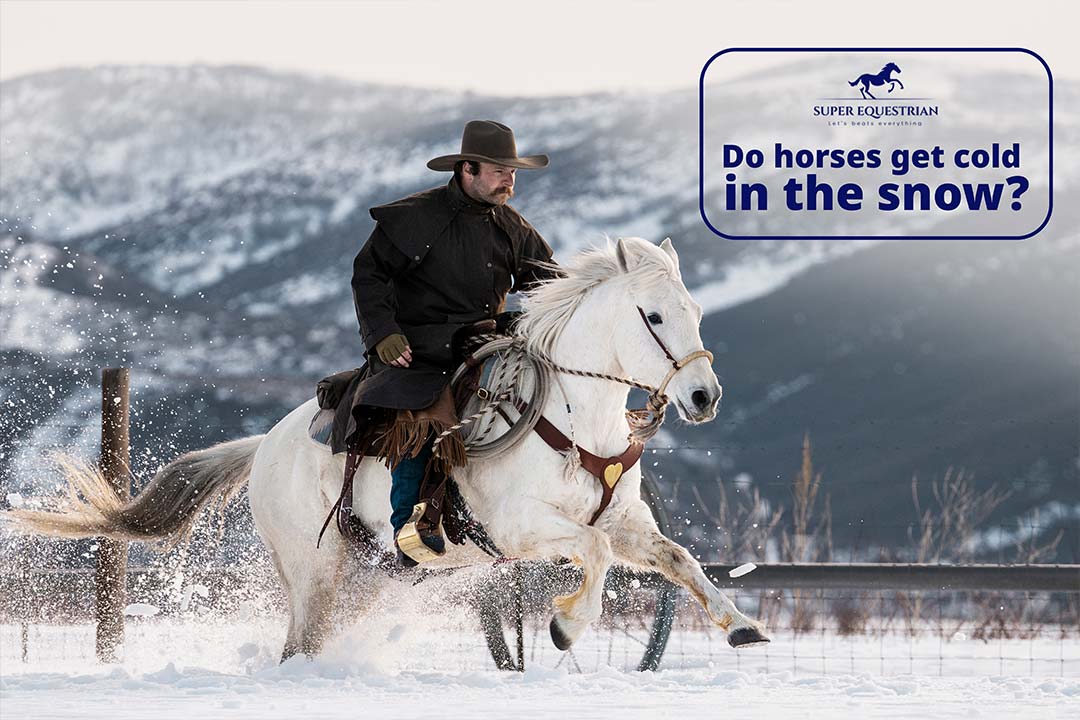
Do horses get cold in ...
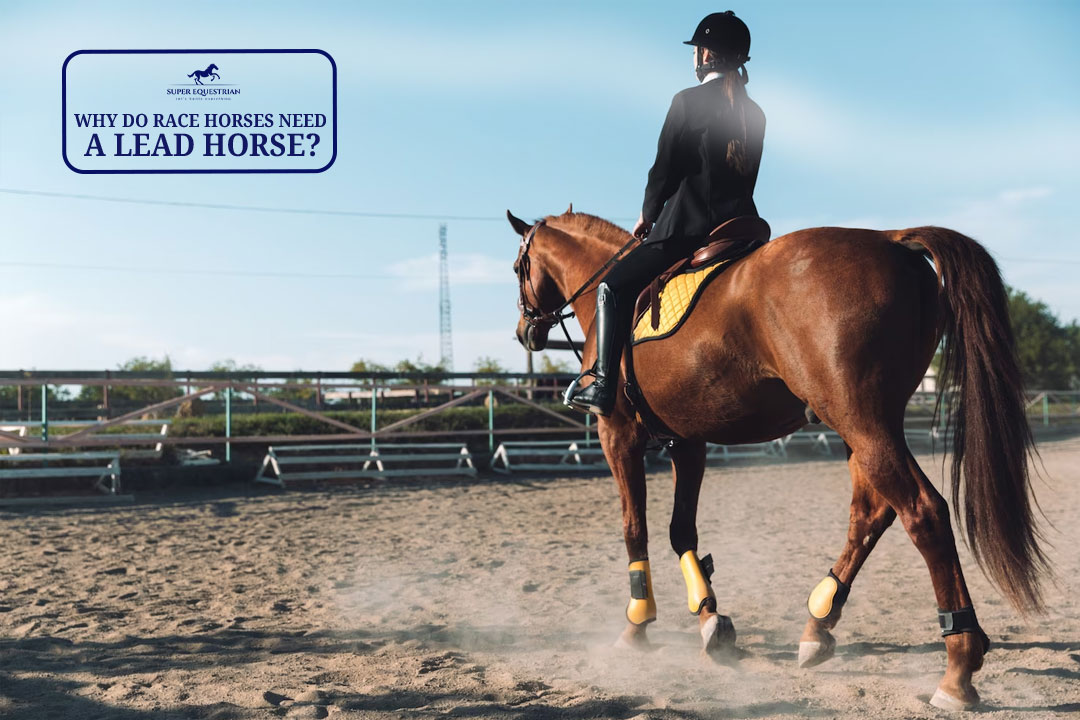
Why Do Race Horses Need ...
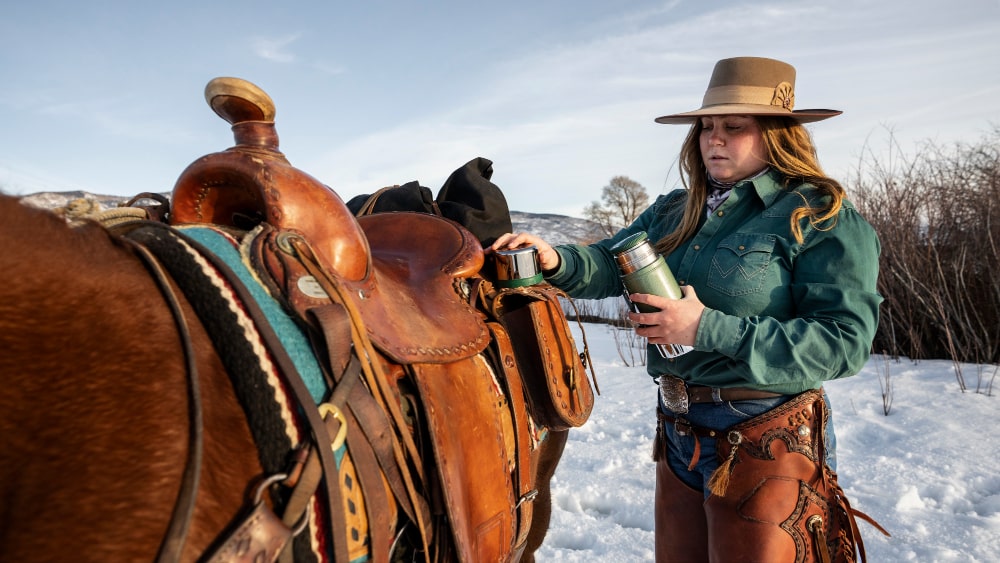
Ranch Saddle vs. Roping Saddle: ...

Round Pen vs Square Pen ...

Must Have Horse Trailer Accessories: ...
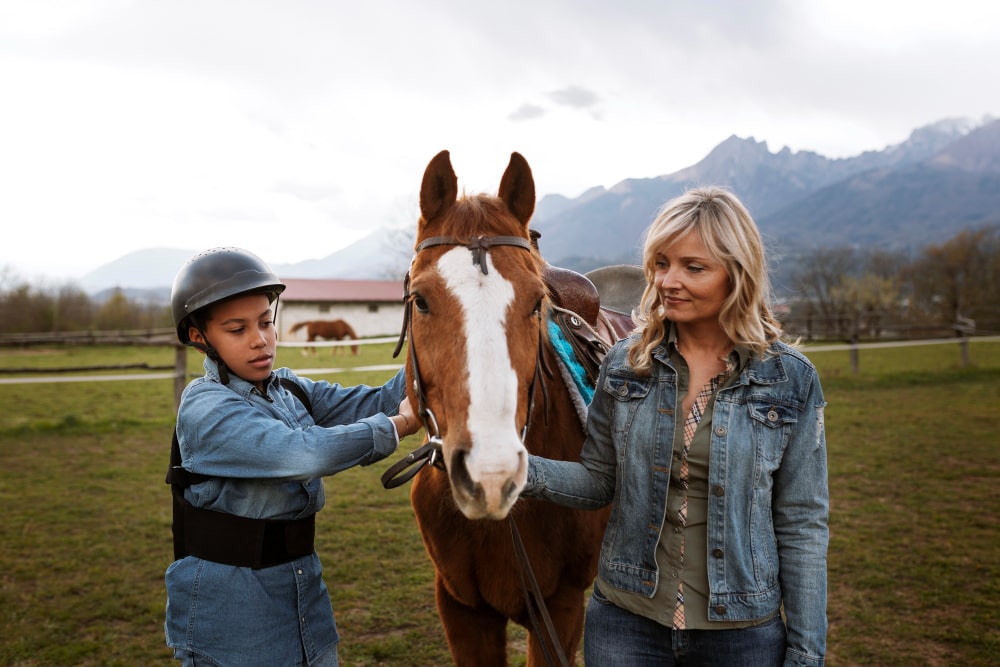
Is MIPS Worth for Equestrian?...
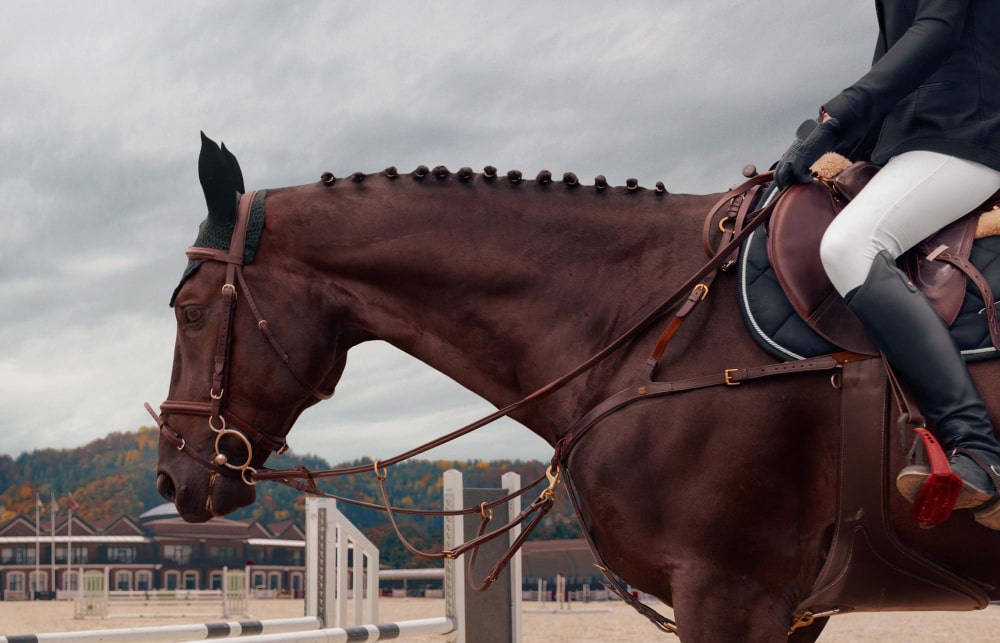
Natural Horsemanship vs Positive Reinforcement: ...

How to Mount a Horse ...
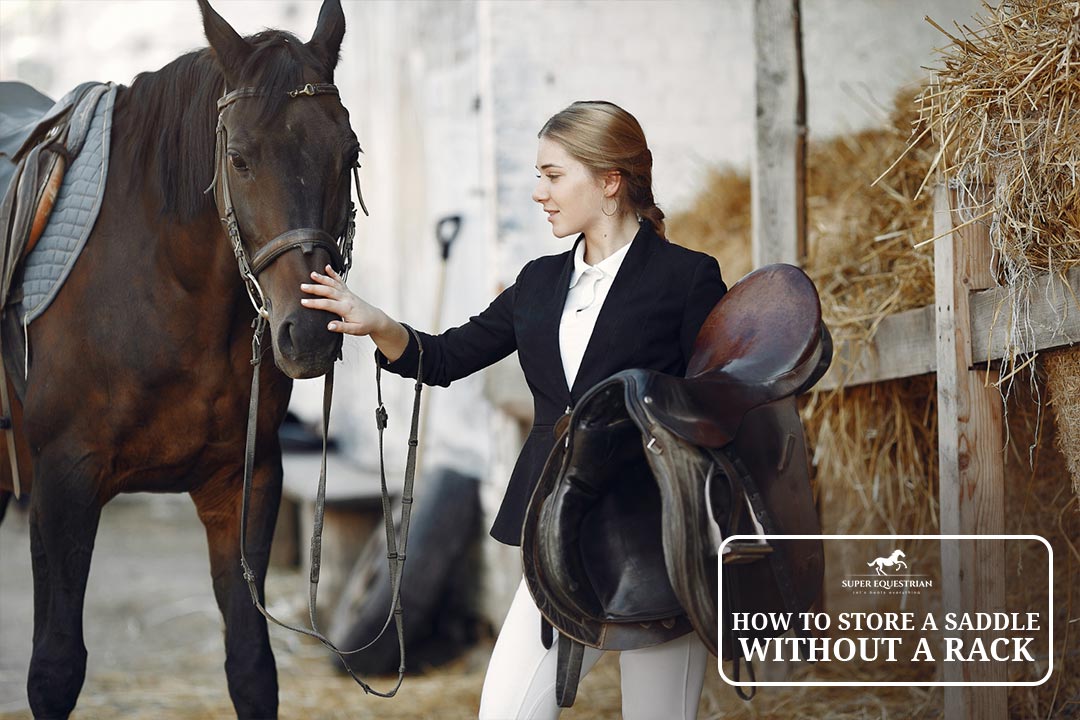
How to Store a Saddle ...
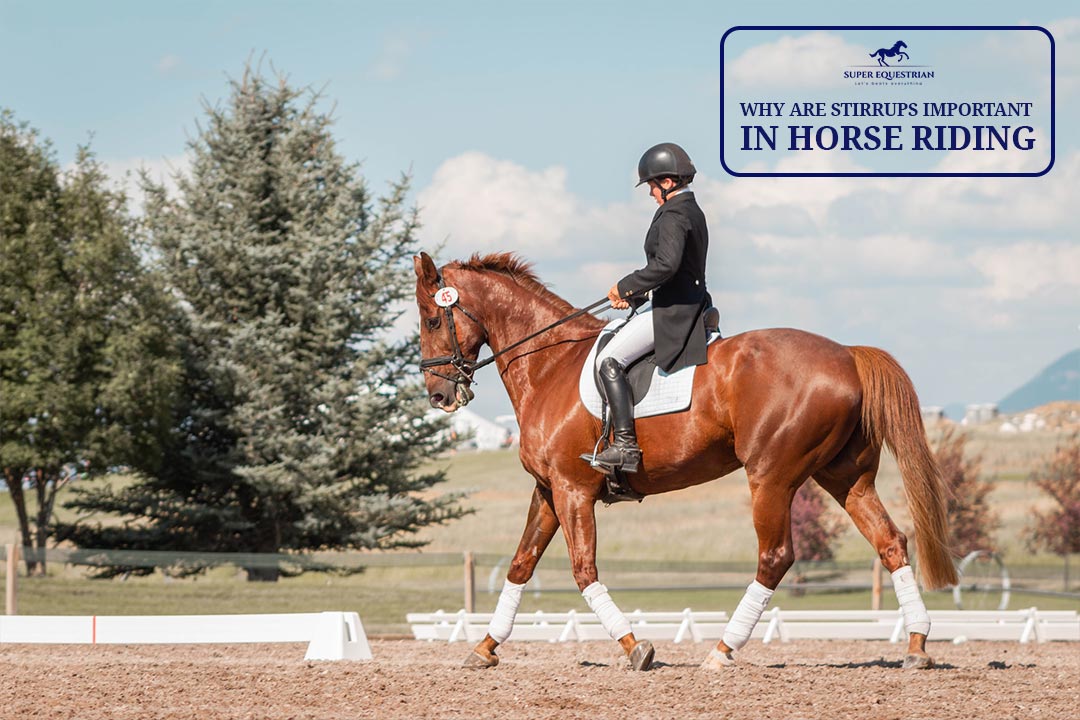
Why are Stirrups Important in ...
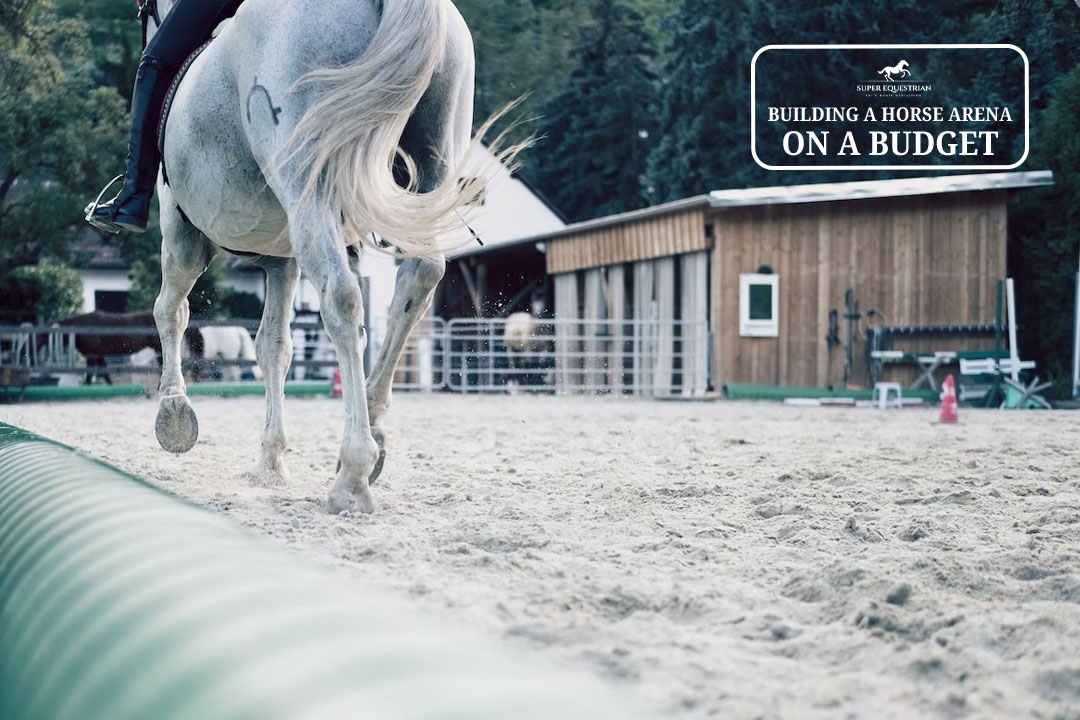
Building a Horse Arena on ...

How to Make Horse Treats ...

Order of Grooming a Horse...

Horse Riding Lessons Plan: The ...

Horse Trailer Roof Replacement and ...
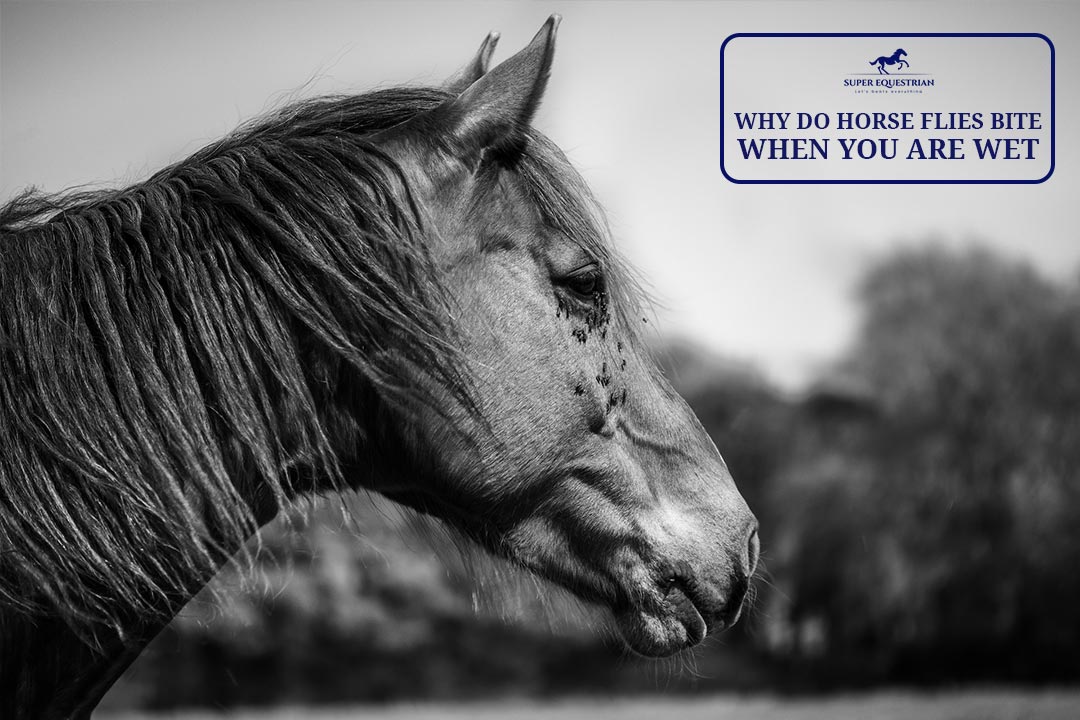
Why Do Horse Flies Bite ...
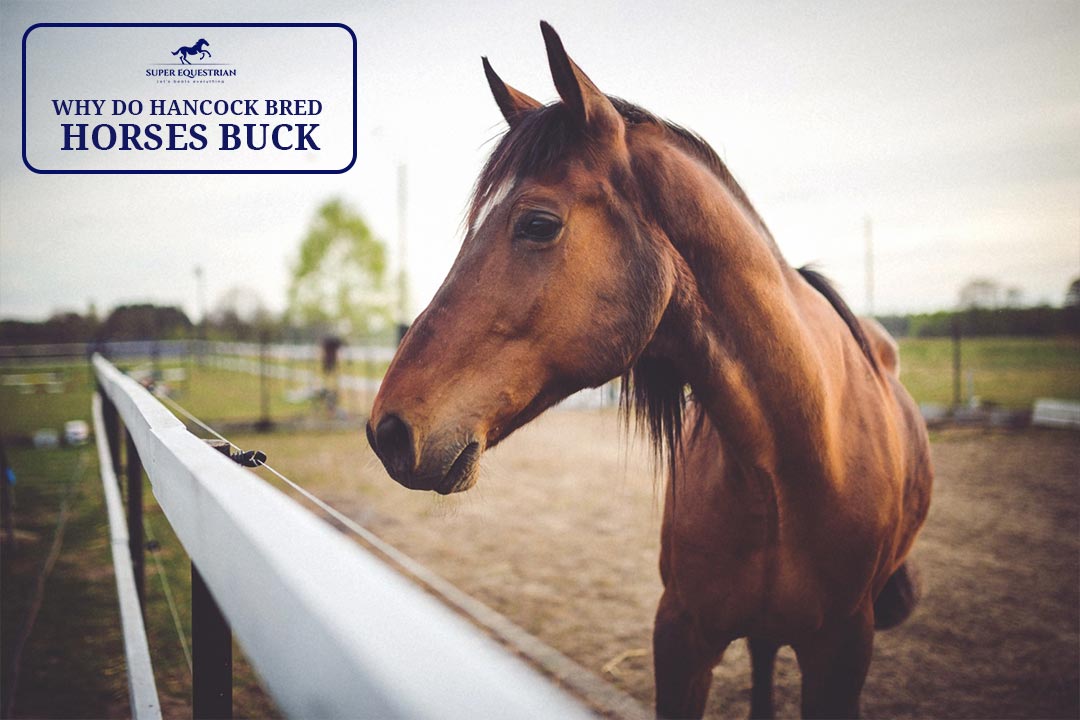
Why Do Hancock Bred Horses ...

Quarter Horse Bloodlines to Avoid...
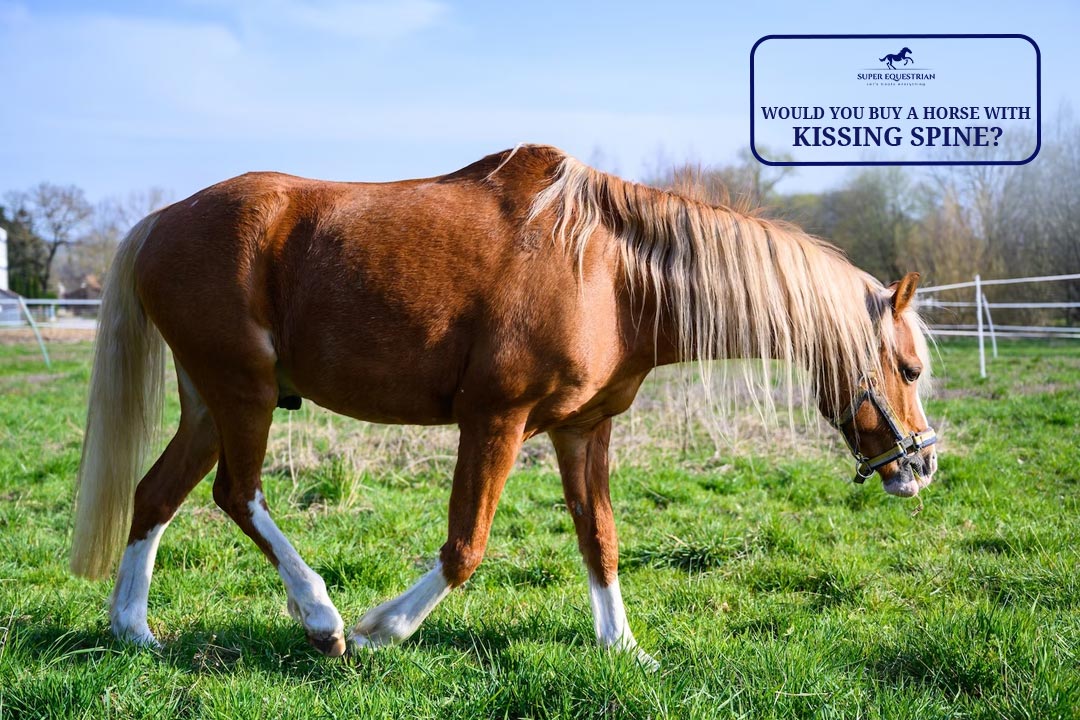
Would You Buy a Horse ...
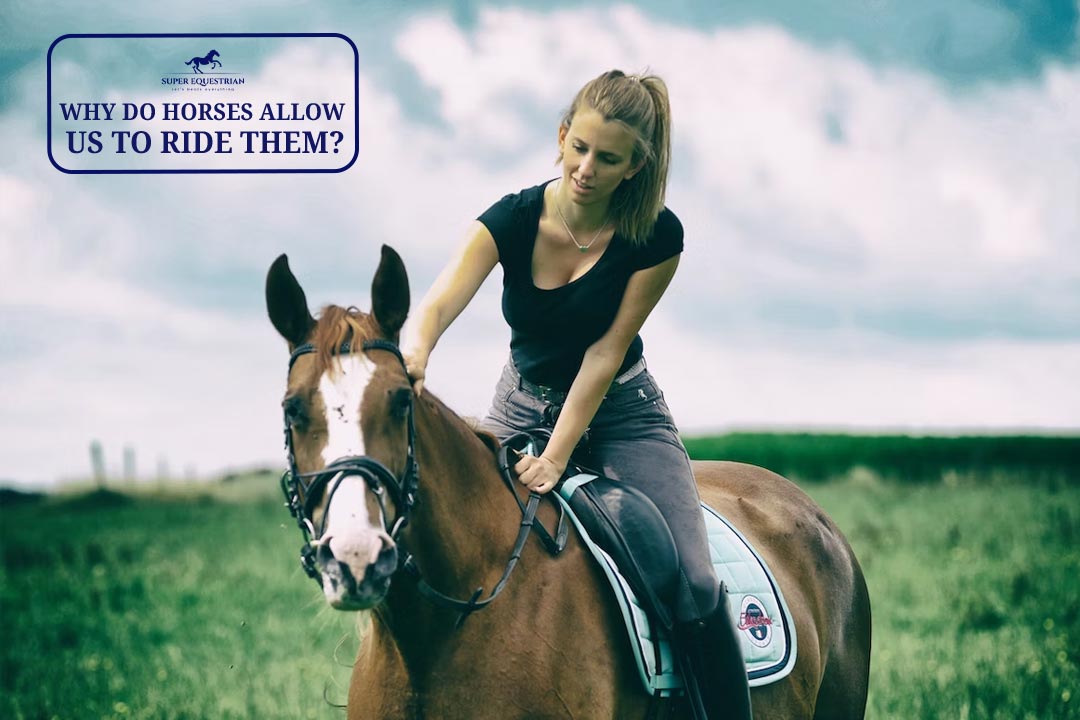
Why Do Horses Allow Us ...
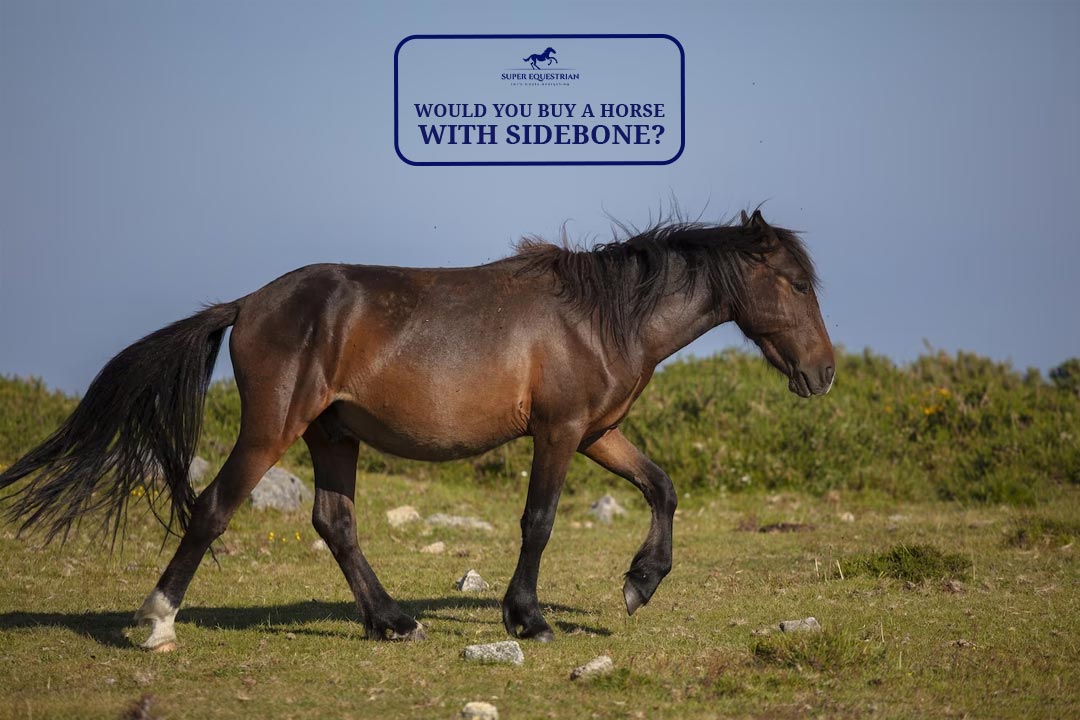
Would you buy a horse ...

Why Are Klapper Bits So ...
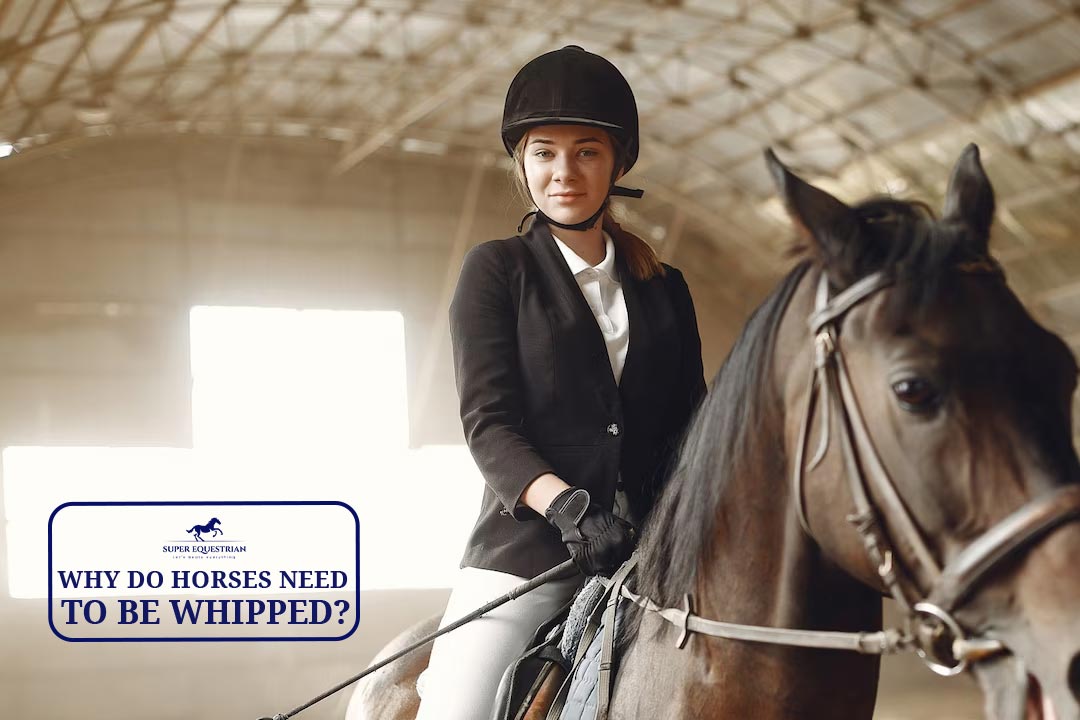
Why do horses need to ...

Why do you mount a ...
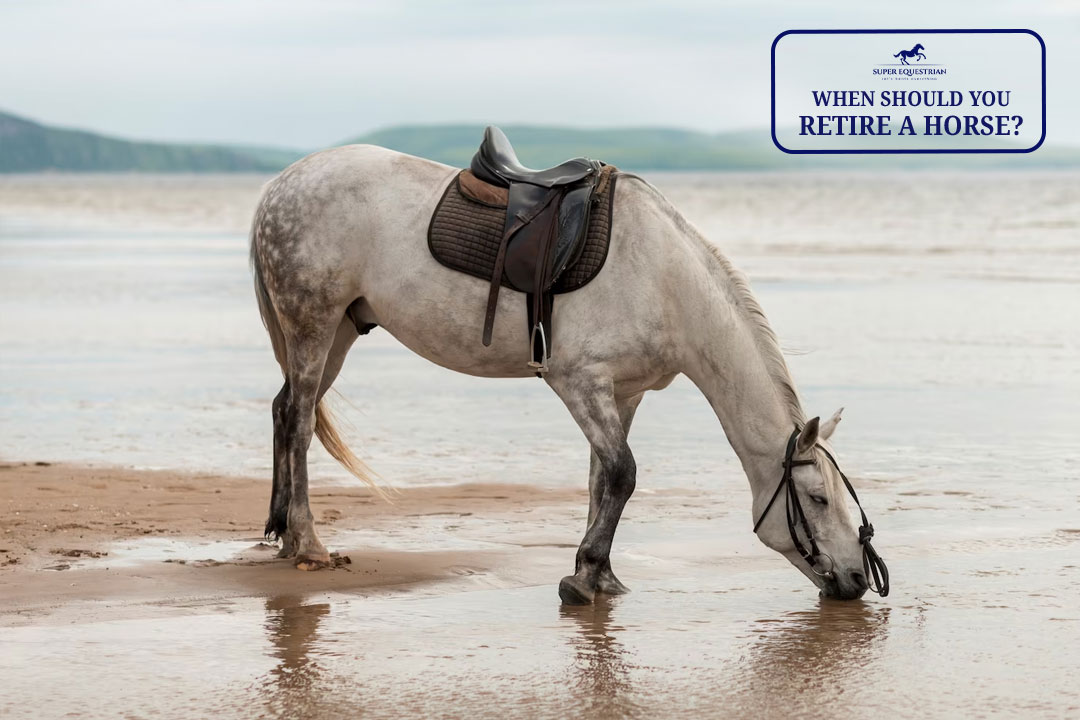
When Should You Retire A ...
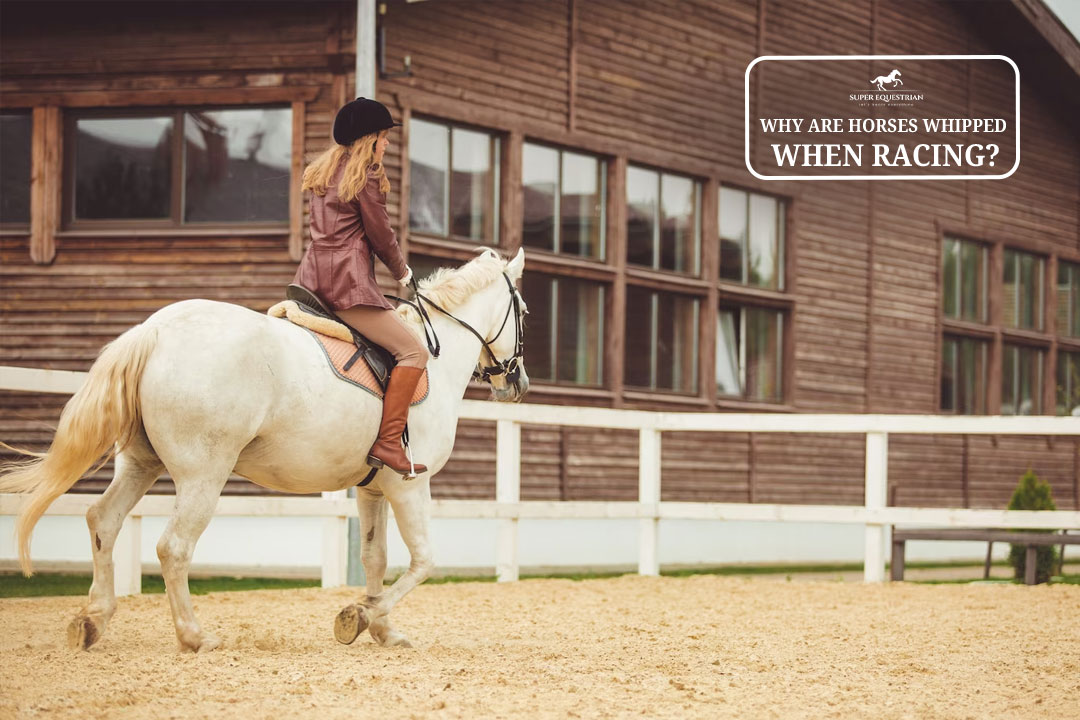
Why Are Horses Whipped When ...
.jpg)
Why Do Horses Have A ...
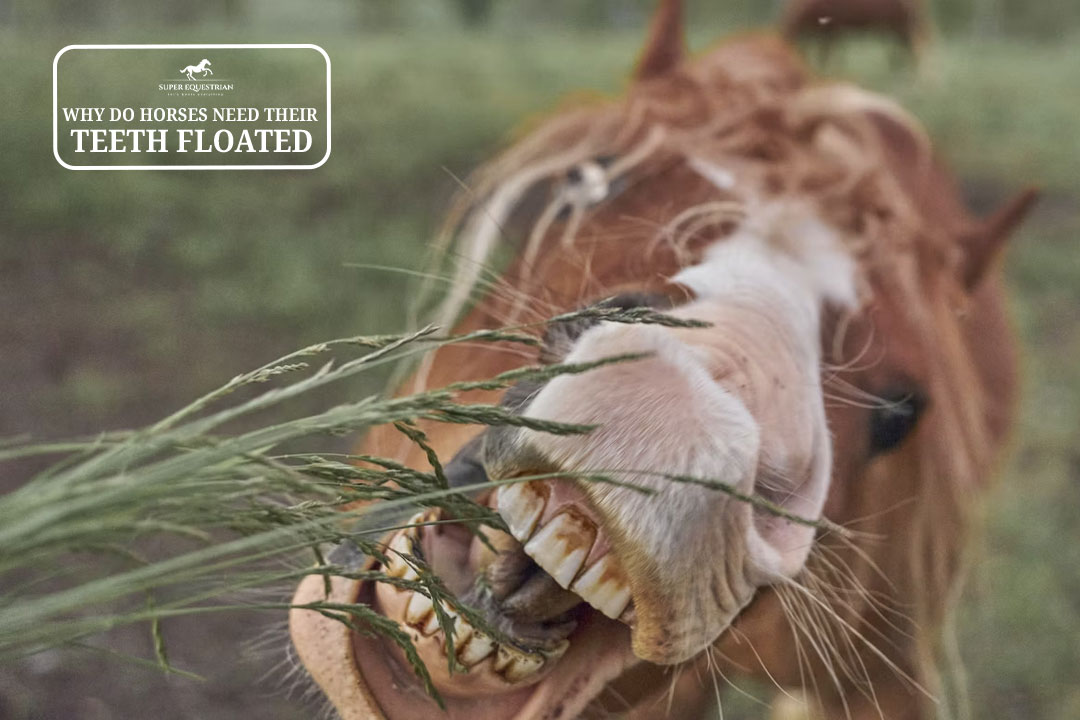
Why Do Horses Need Their ...

What To Do If Horse ...

What To Do If A ...
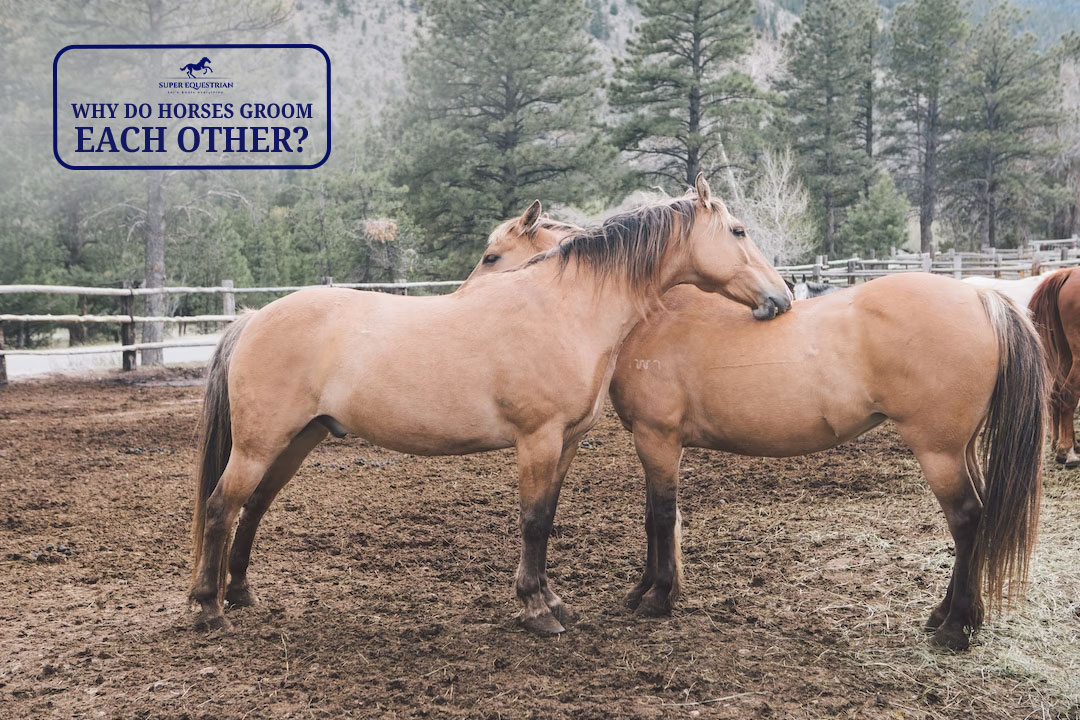
Why do horses groom each ...
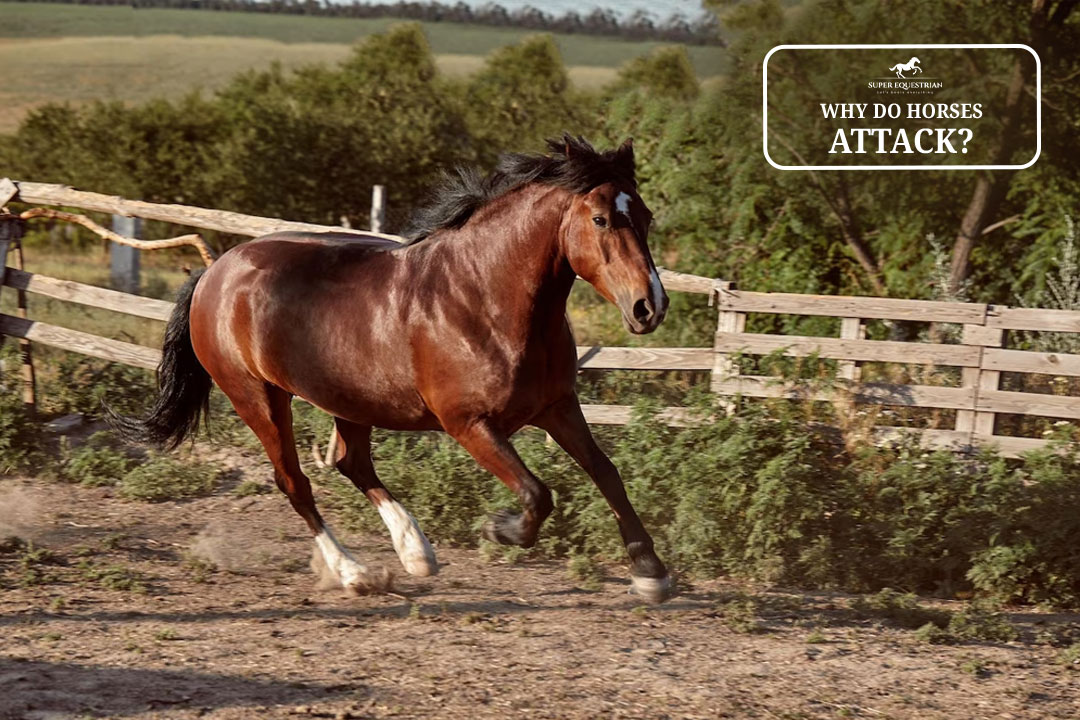
Why do horses attack...

Should I Use a Martingale ...

How to fit bell boots ...
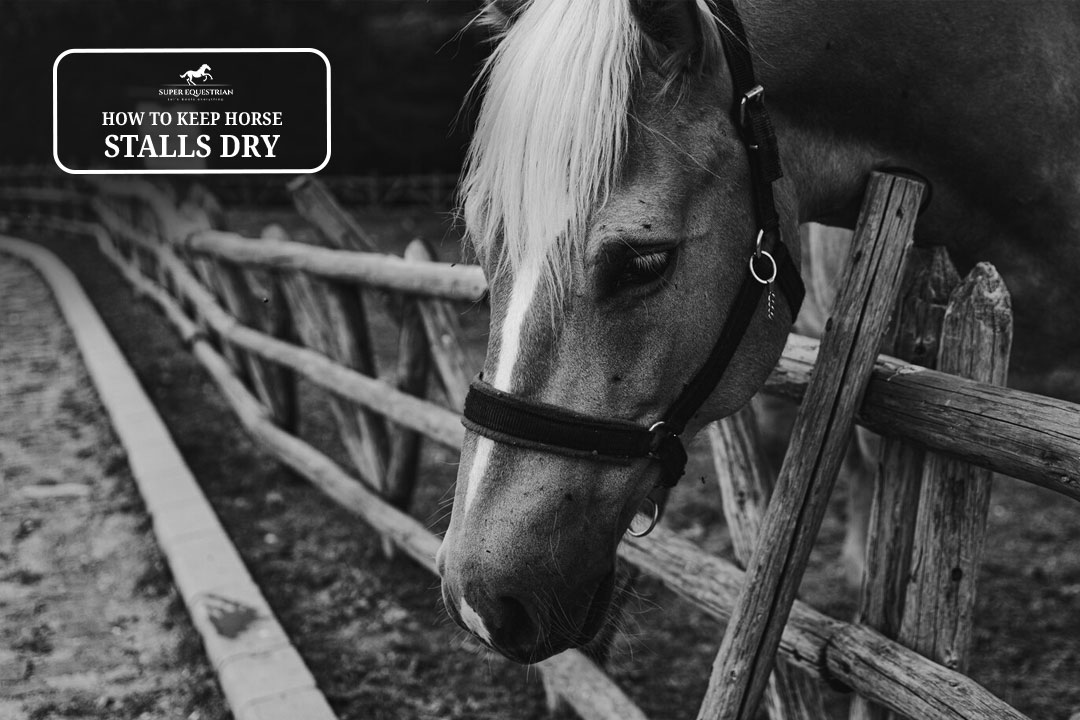
How To Keep Horse Stalls ...
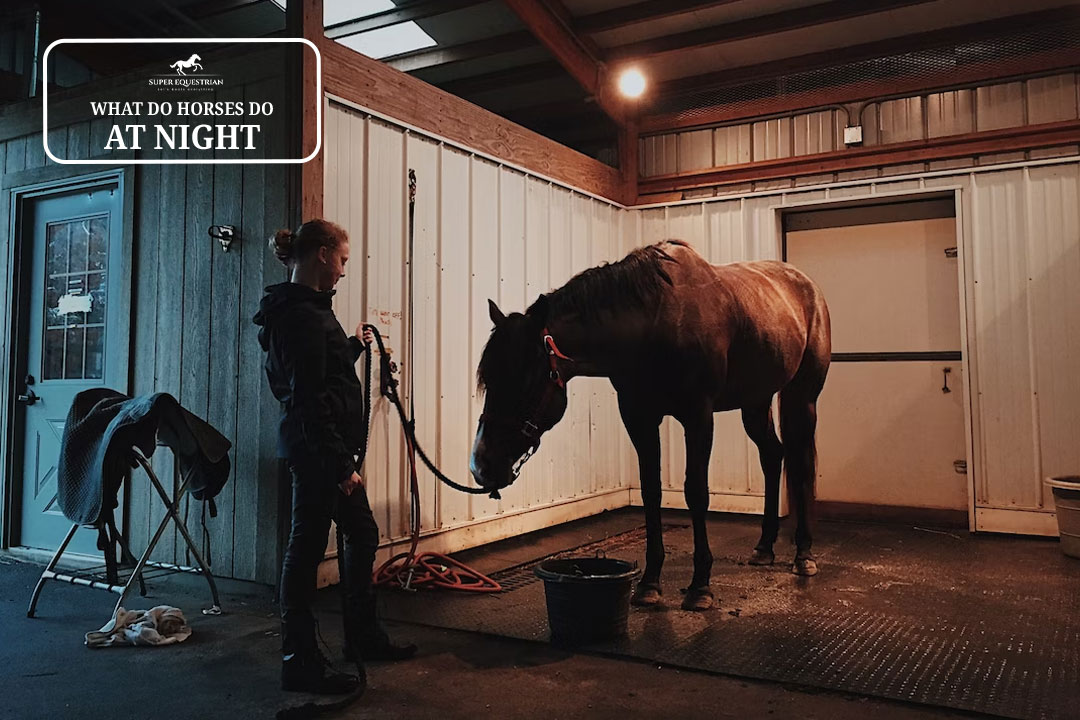
What Do Horses Do At ...
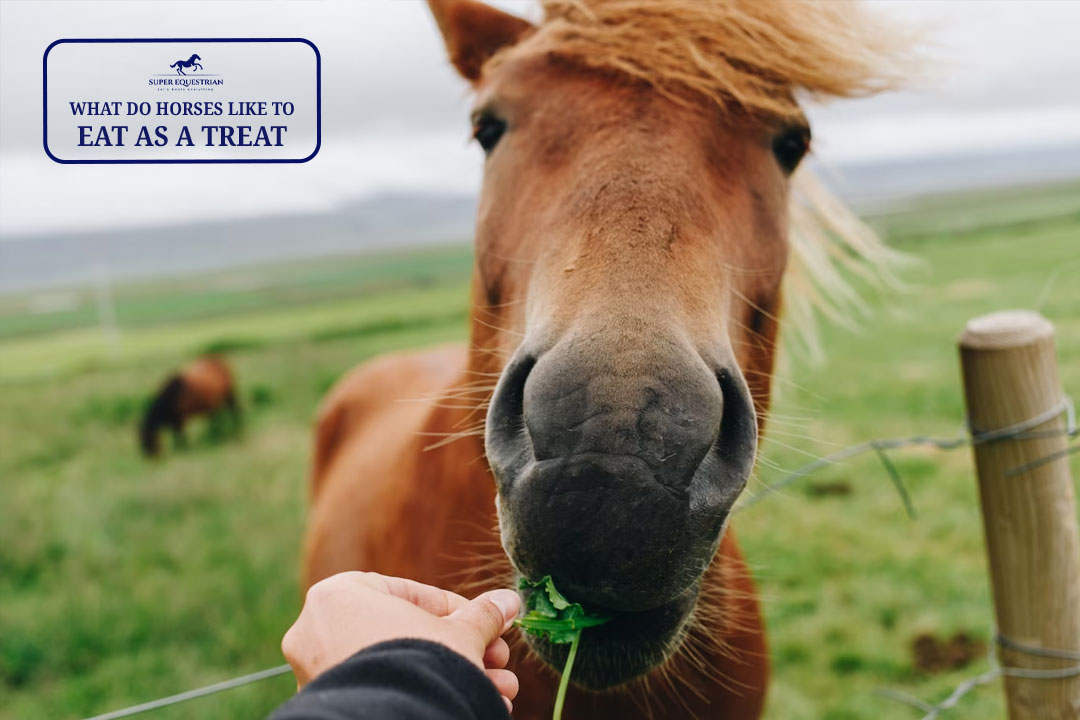
What do horses like to ...

Why do wild horses get ...
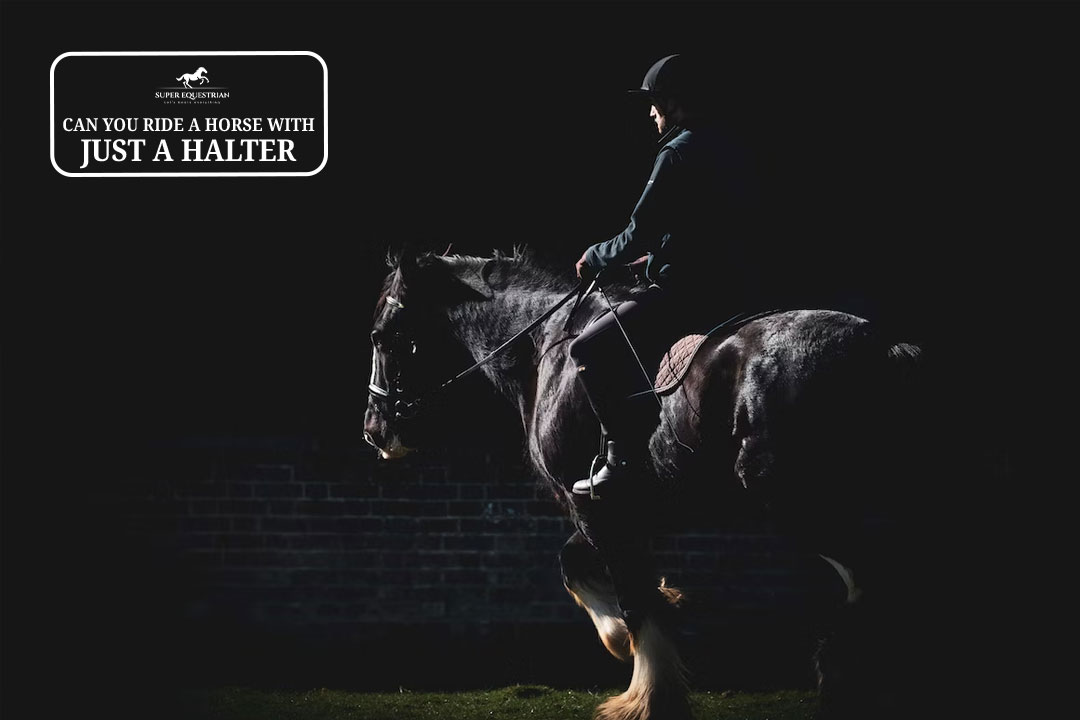
Can you ride a horse ...
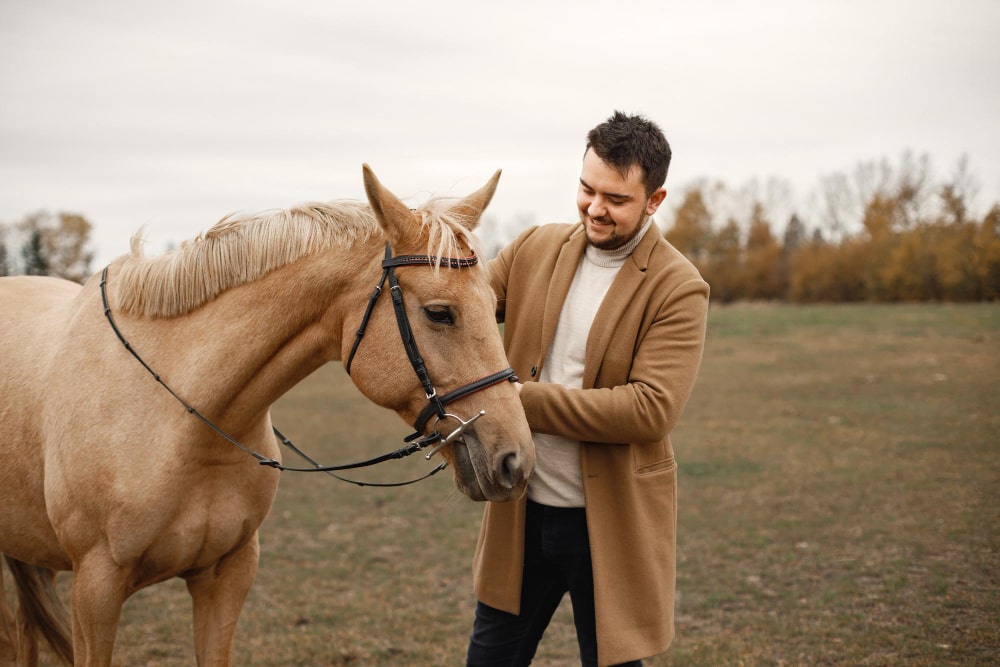
Are horses protective of their ...
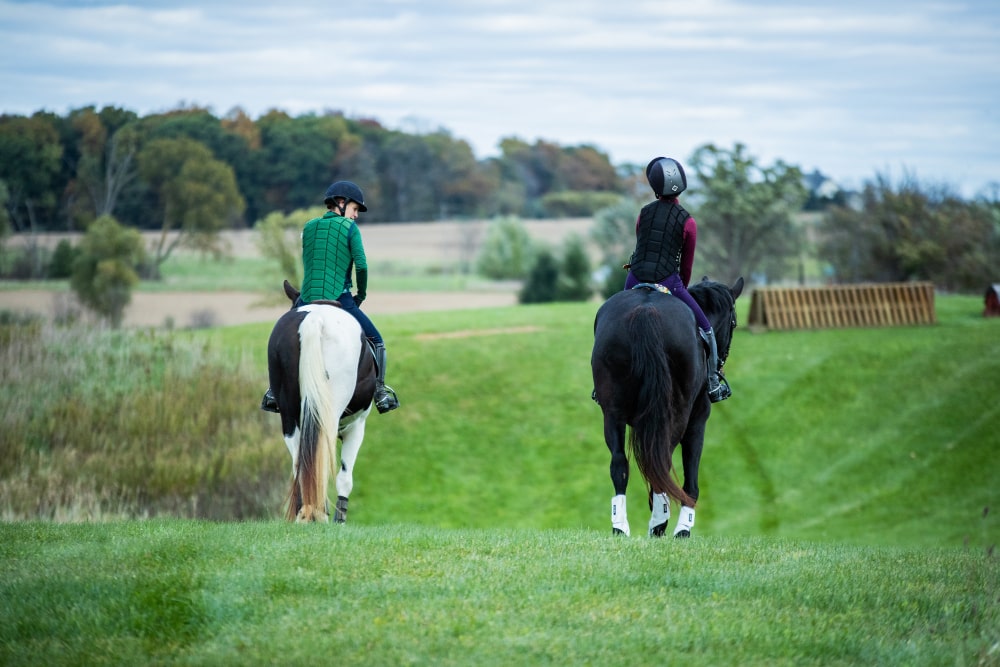
Why racking horses are popular ...
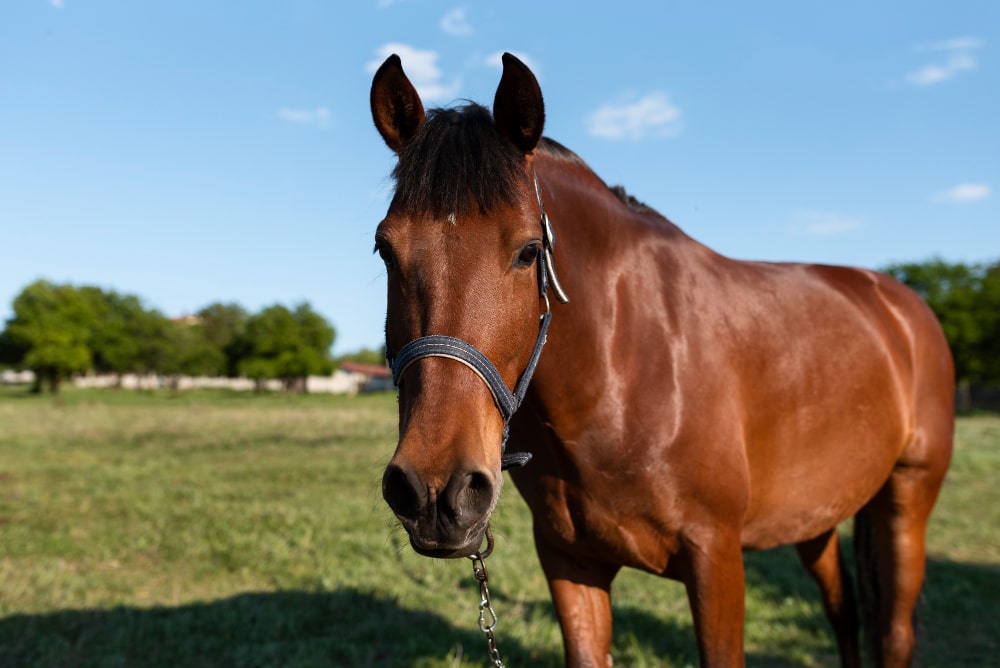
How To Keep Horses Off ...
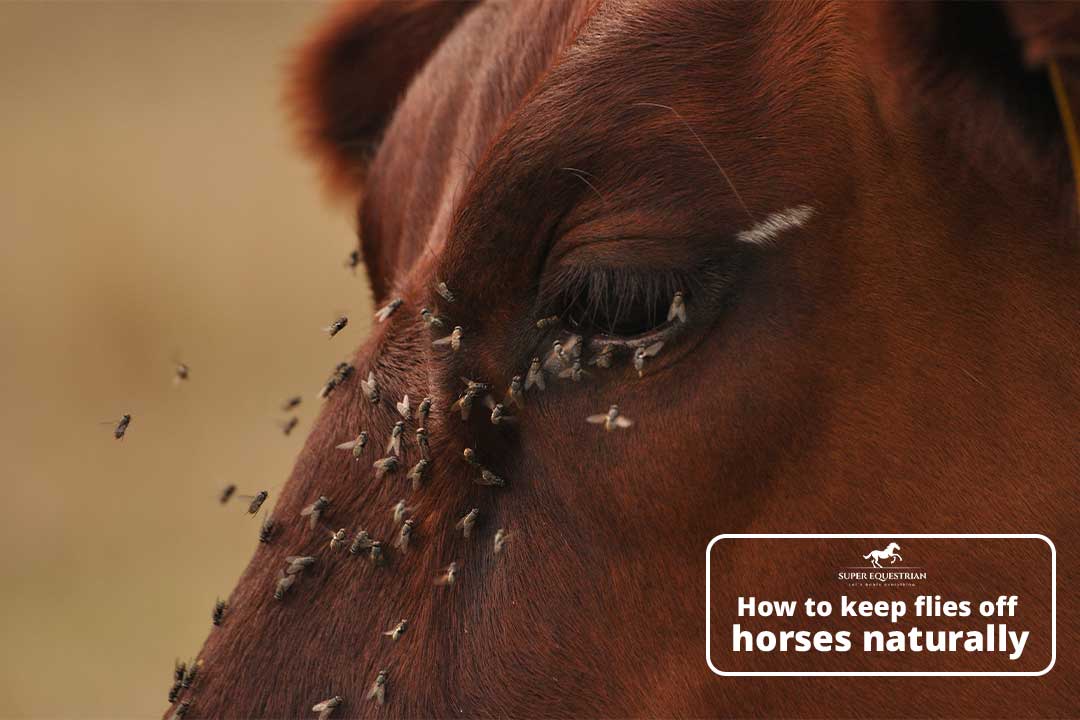
How to Keep Flies Off ...
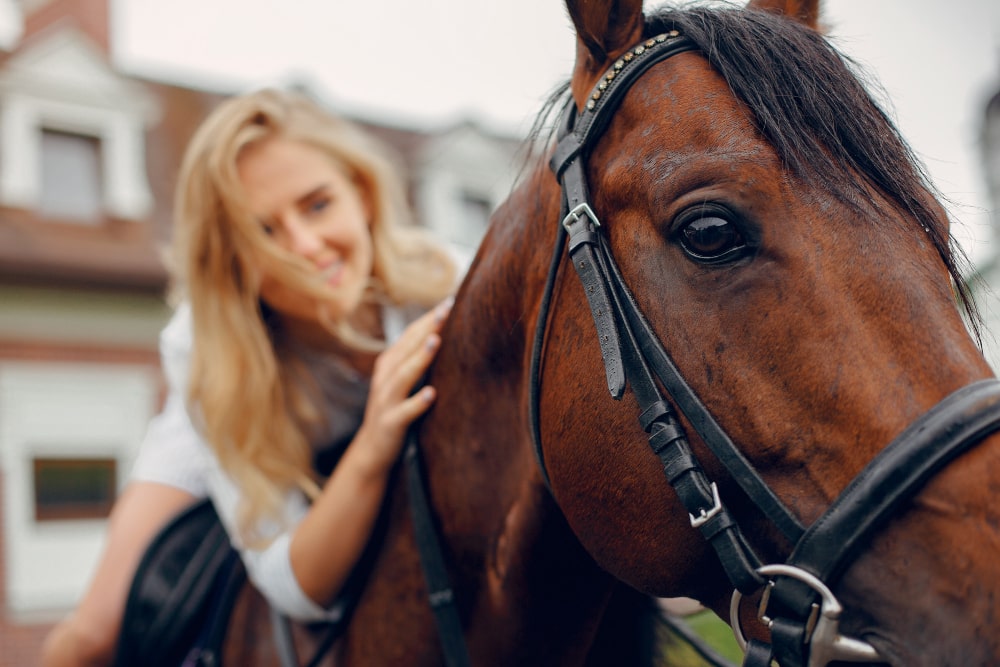
Pros and Cons Using A ...
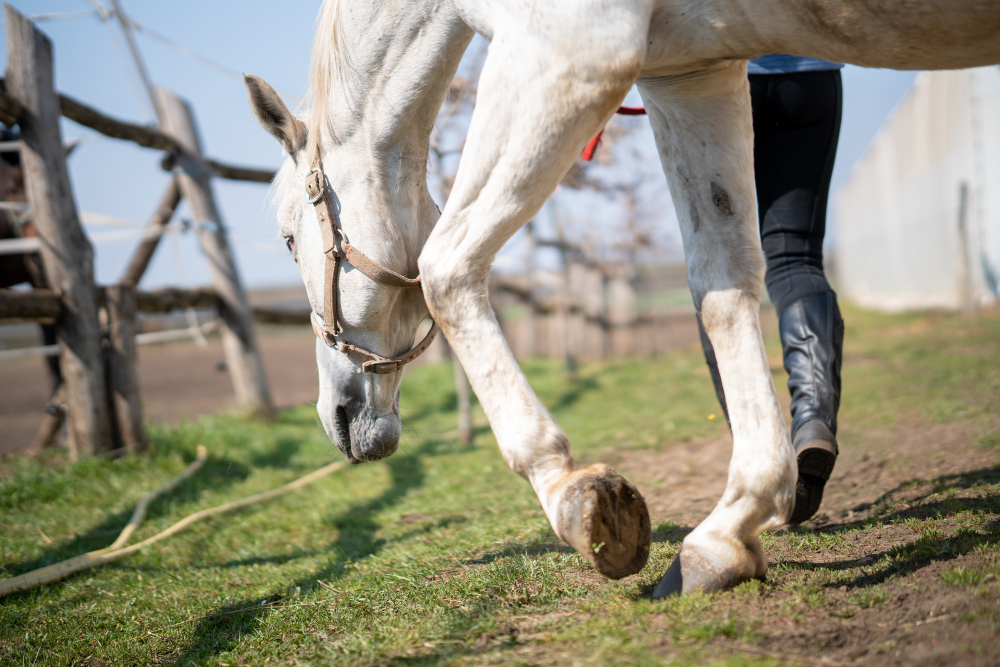
Can you ride a horse ...

Why are Corriente saddles so ...
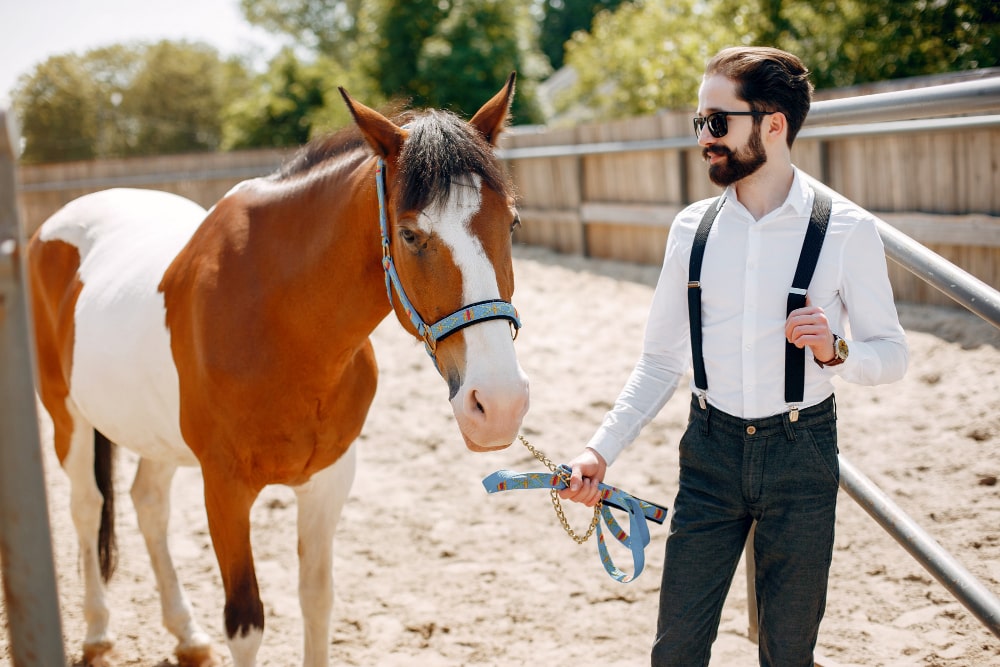
Pros and cons of equine ...
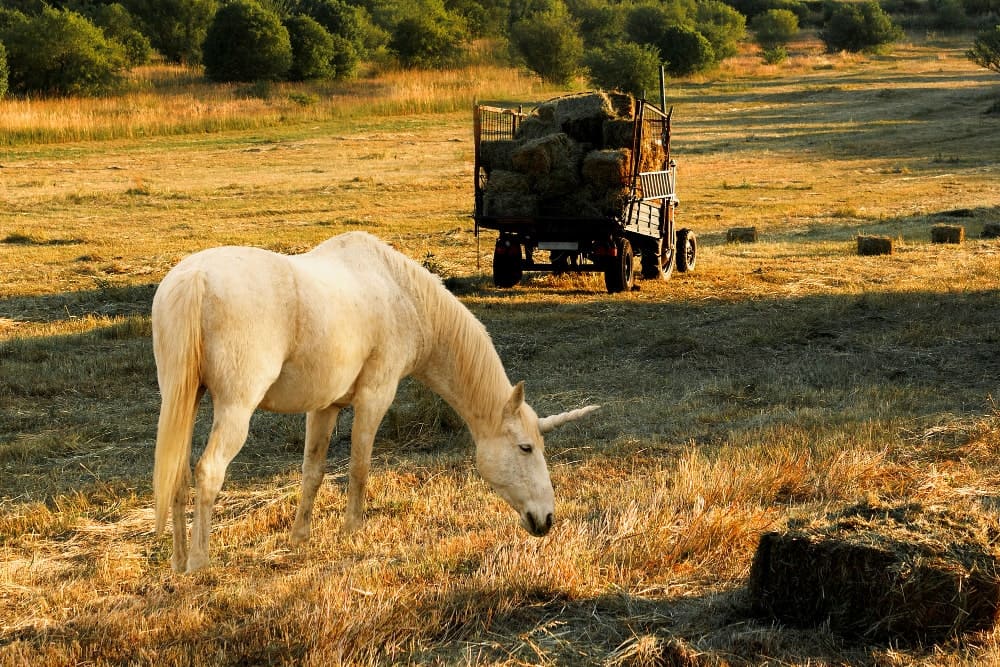
How Long After Mowing Can ...

How to Care for a ...
.jpg)
Why Do Horses Wear Blinders: ...
.jpg)
How to fit an exercise ...

Why is my horse bucking ...
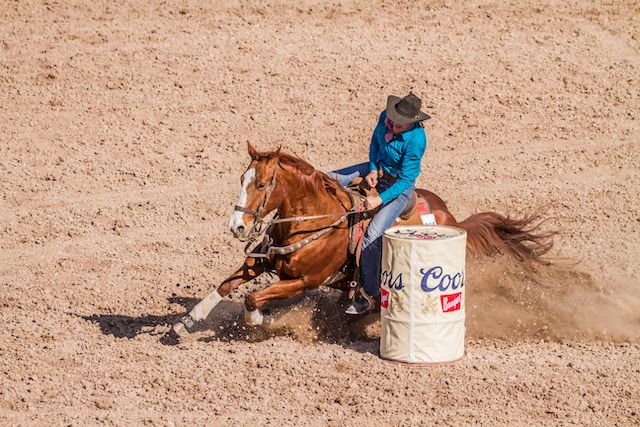
What causes a horse to ...
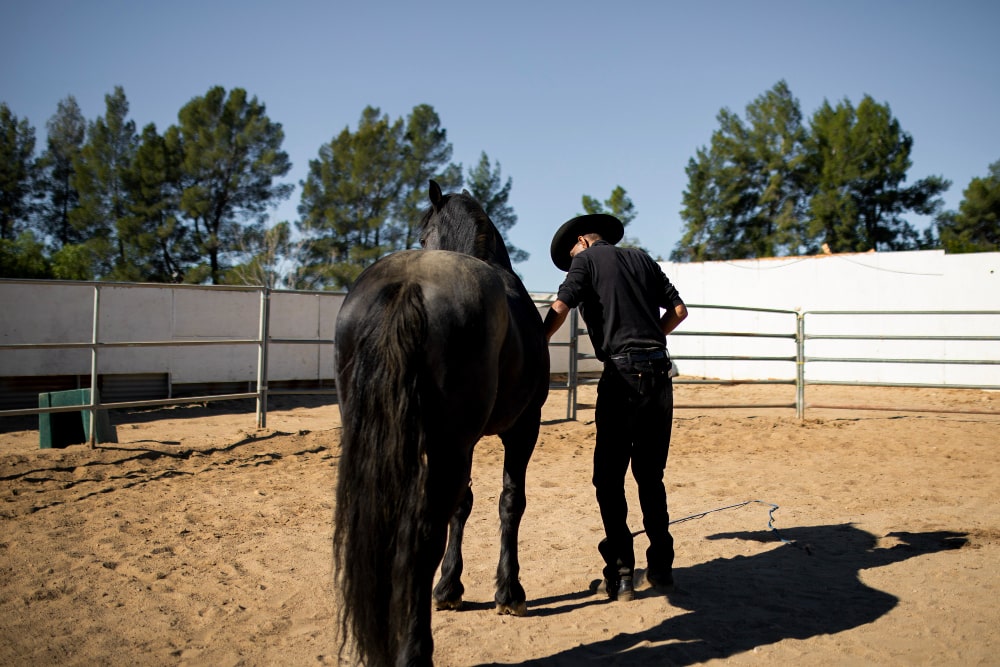
How to Stop a Horse ...
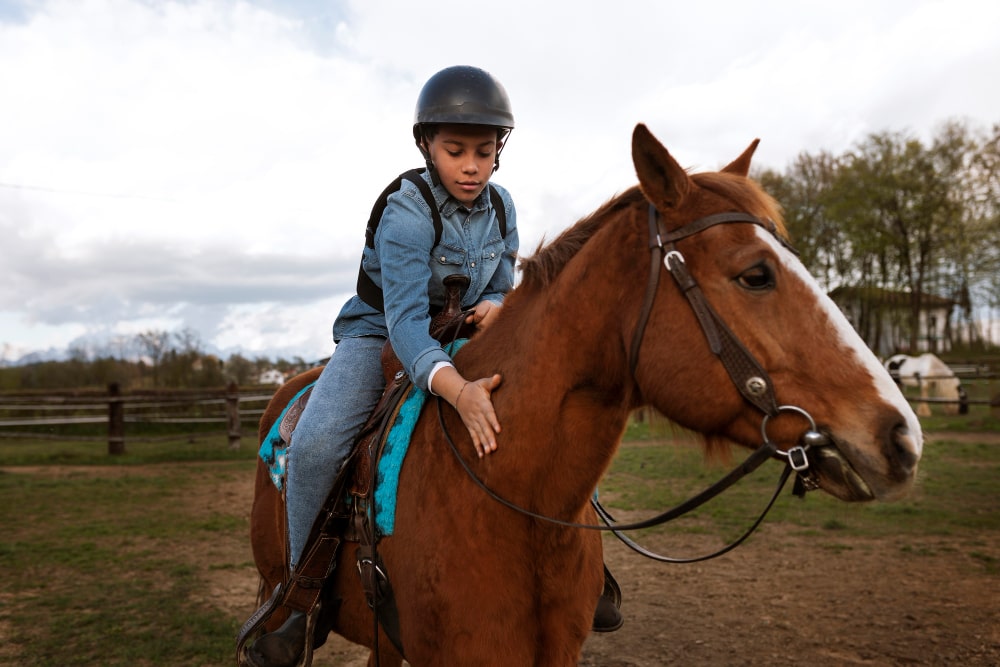
Why Is My Horse Bunny ...
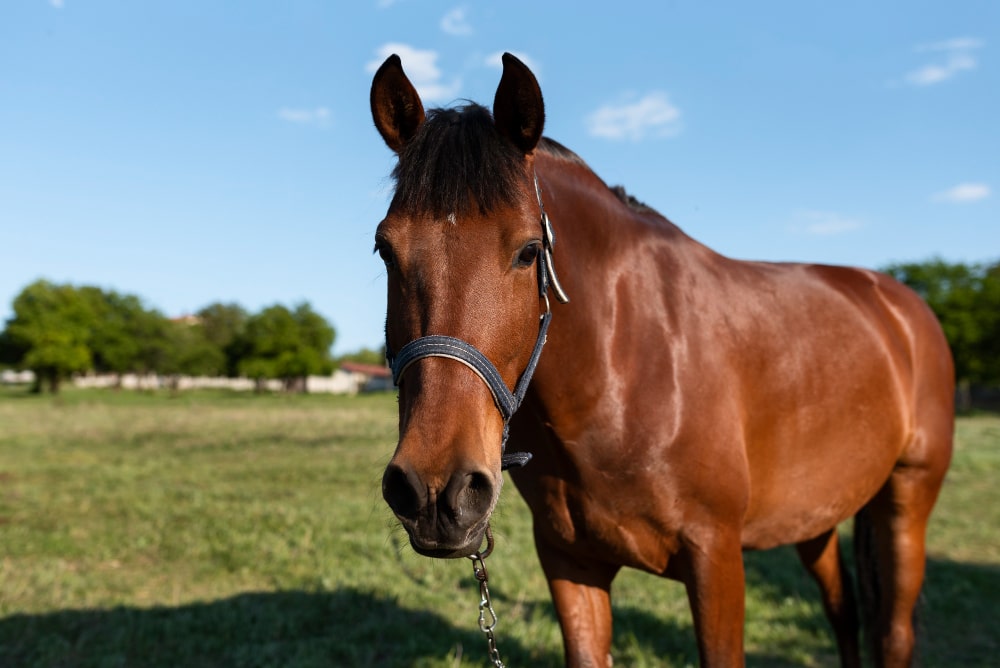
How To Improve Pasture For ...
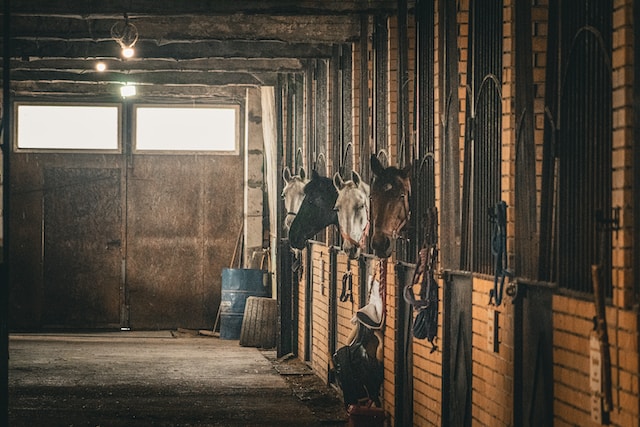
How to get the smell ...

Can you add ramp to ...

What Is The Temperament Of ...
.jpg)
Why Is Friesian Horse Hair ...
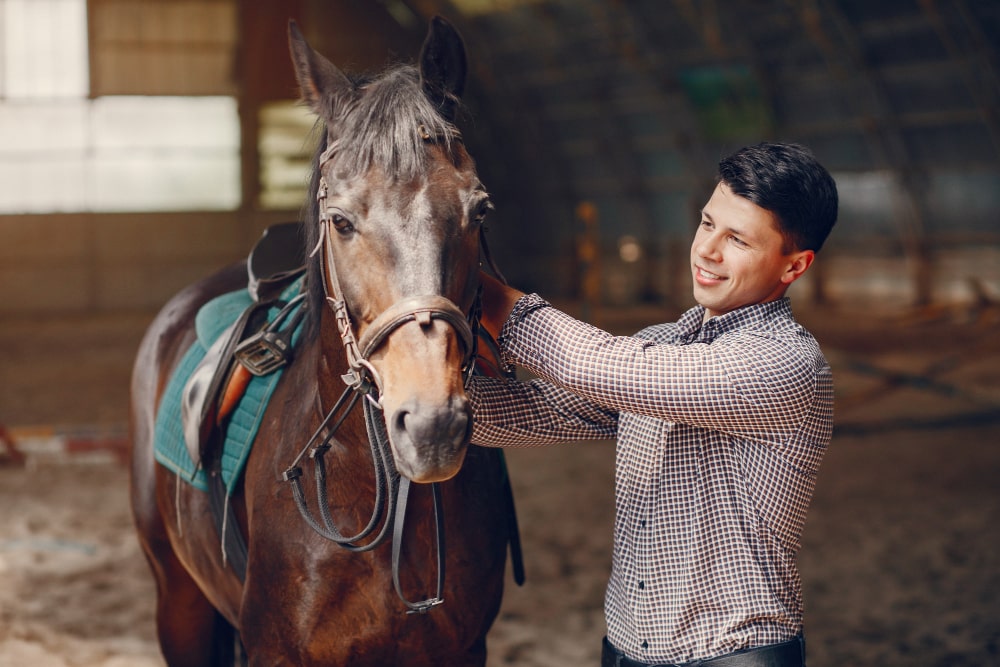
Why is my horse testing ...
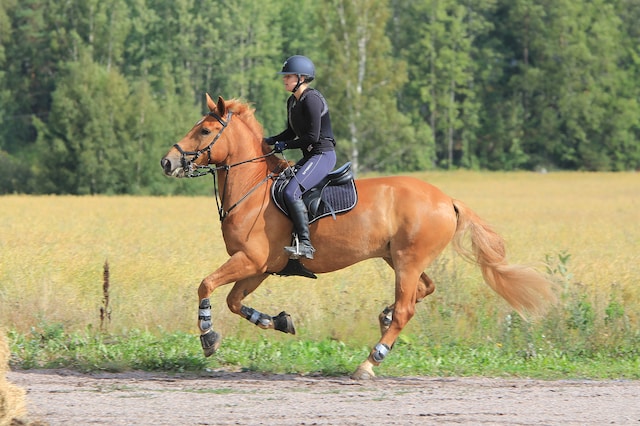
How often you should take ...
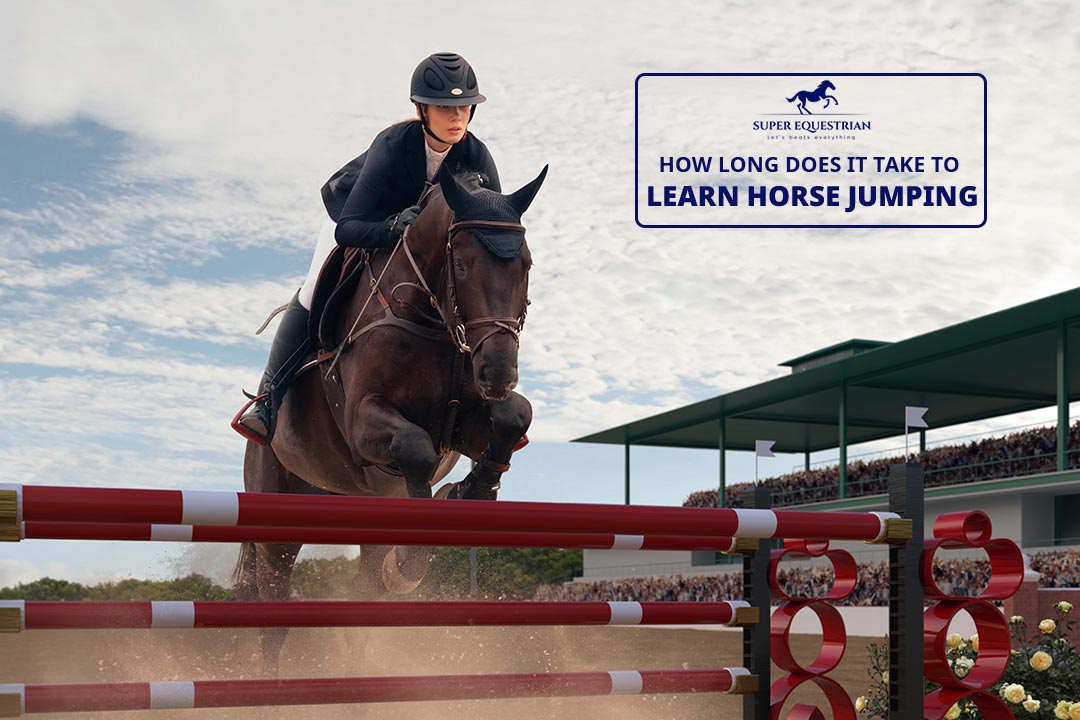
How long does it take ...
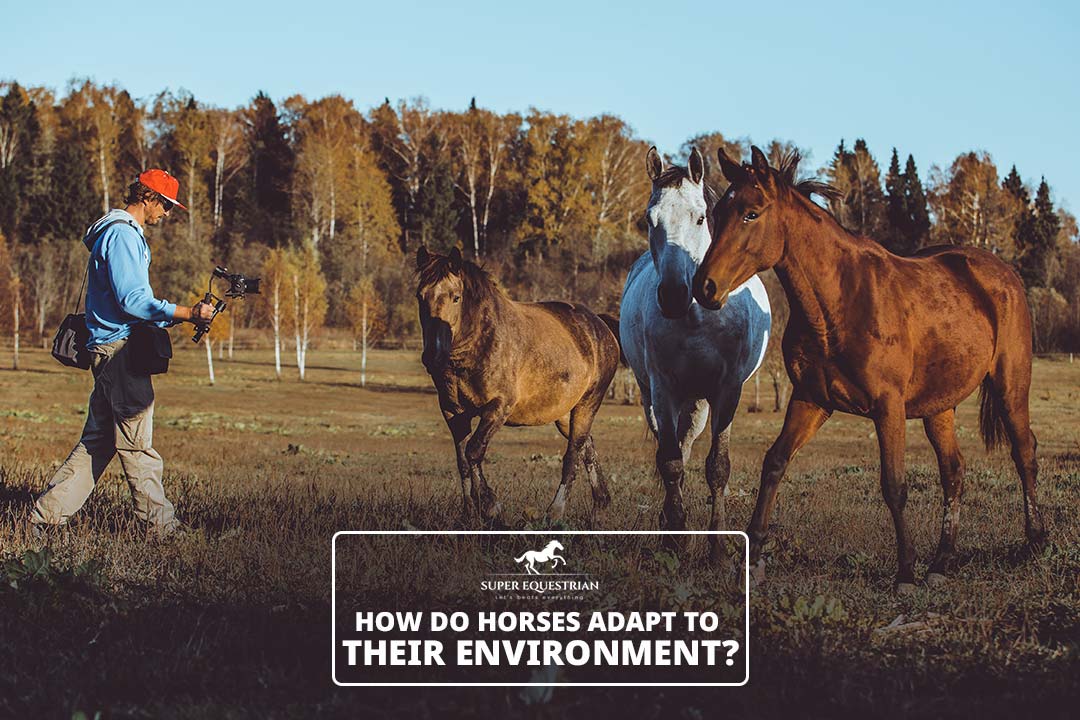
How do horses adapt to ...

How To Prepare For A ...
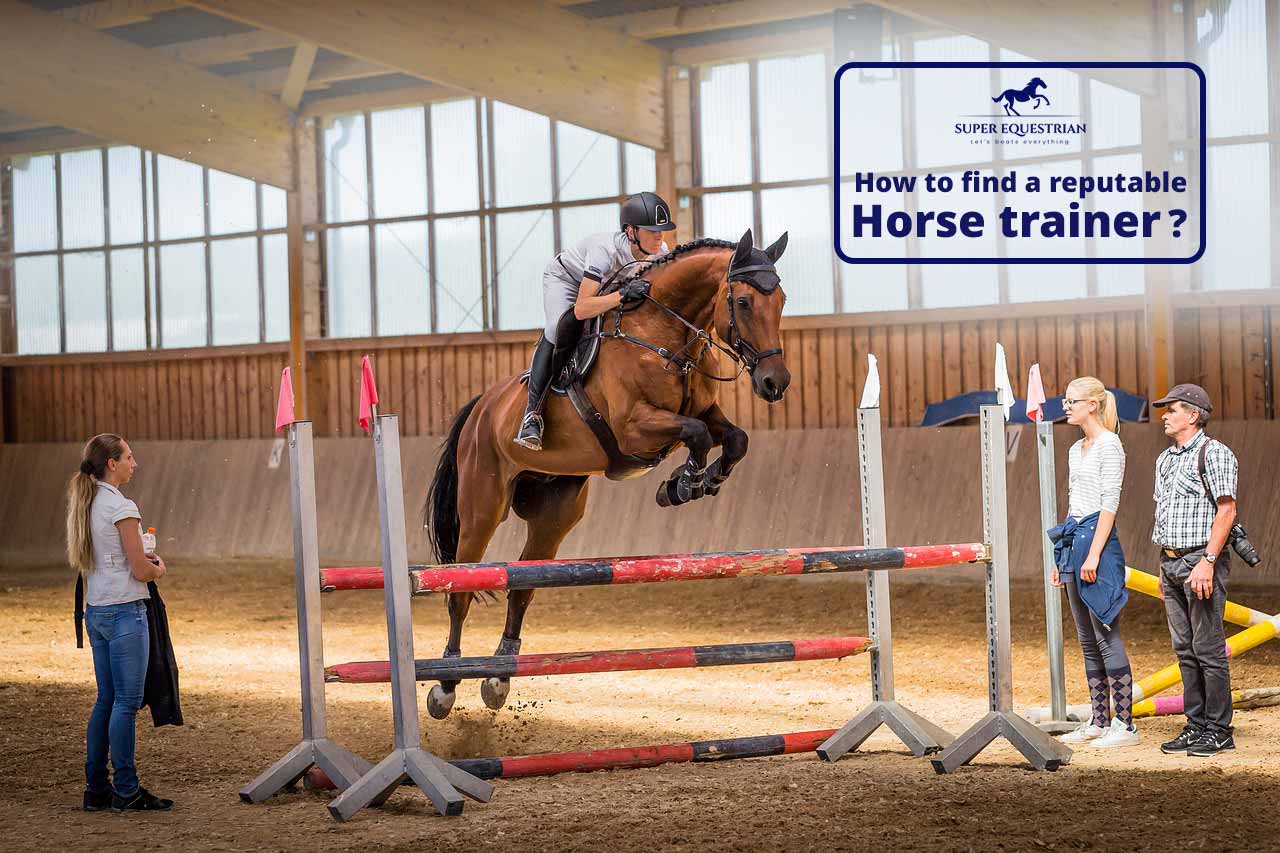
How To Find A Reputable ...
.jpg)
Do Horses Get Medals at ...

How to create a horse-...